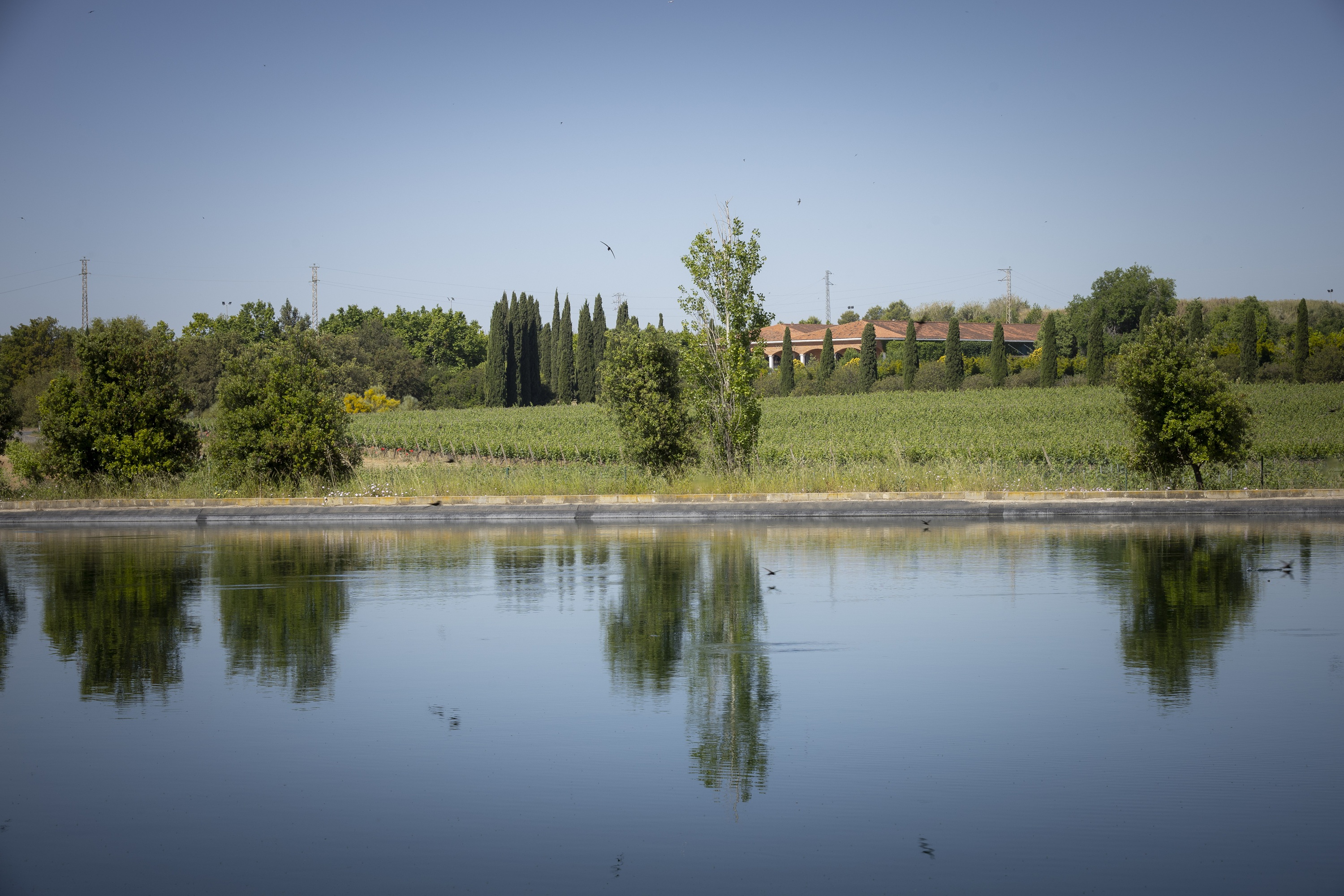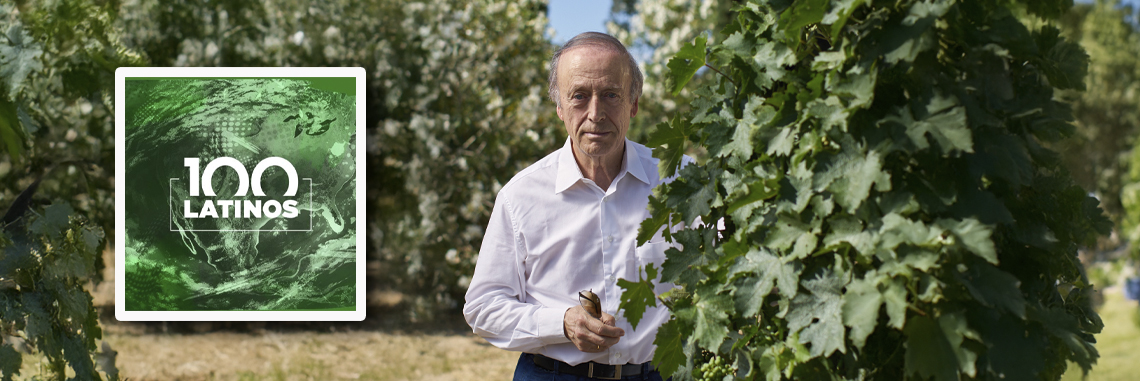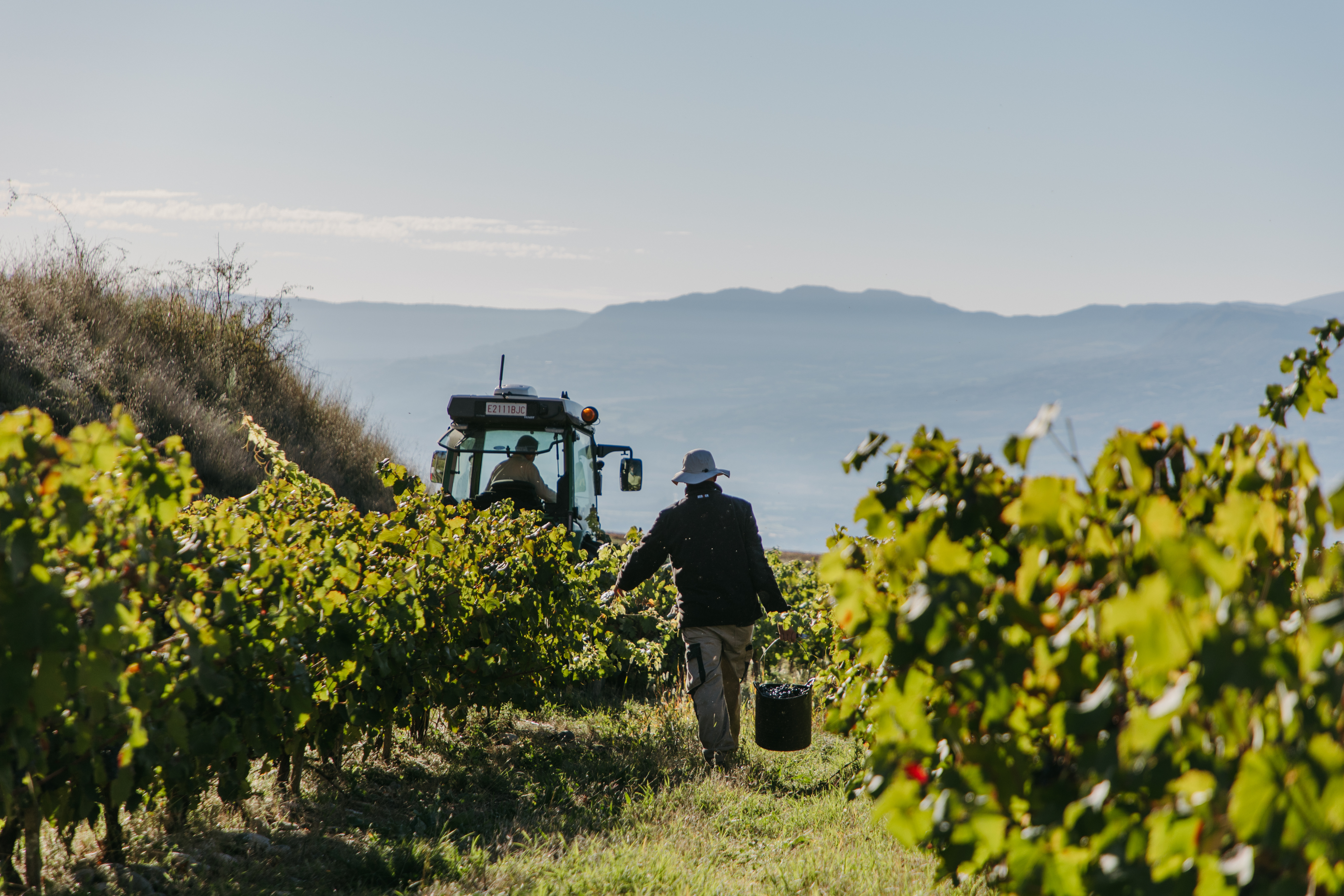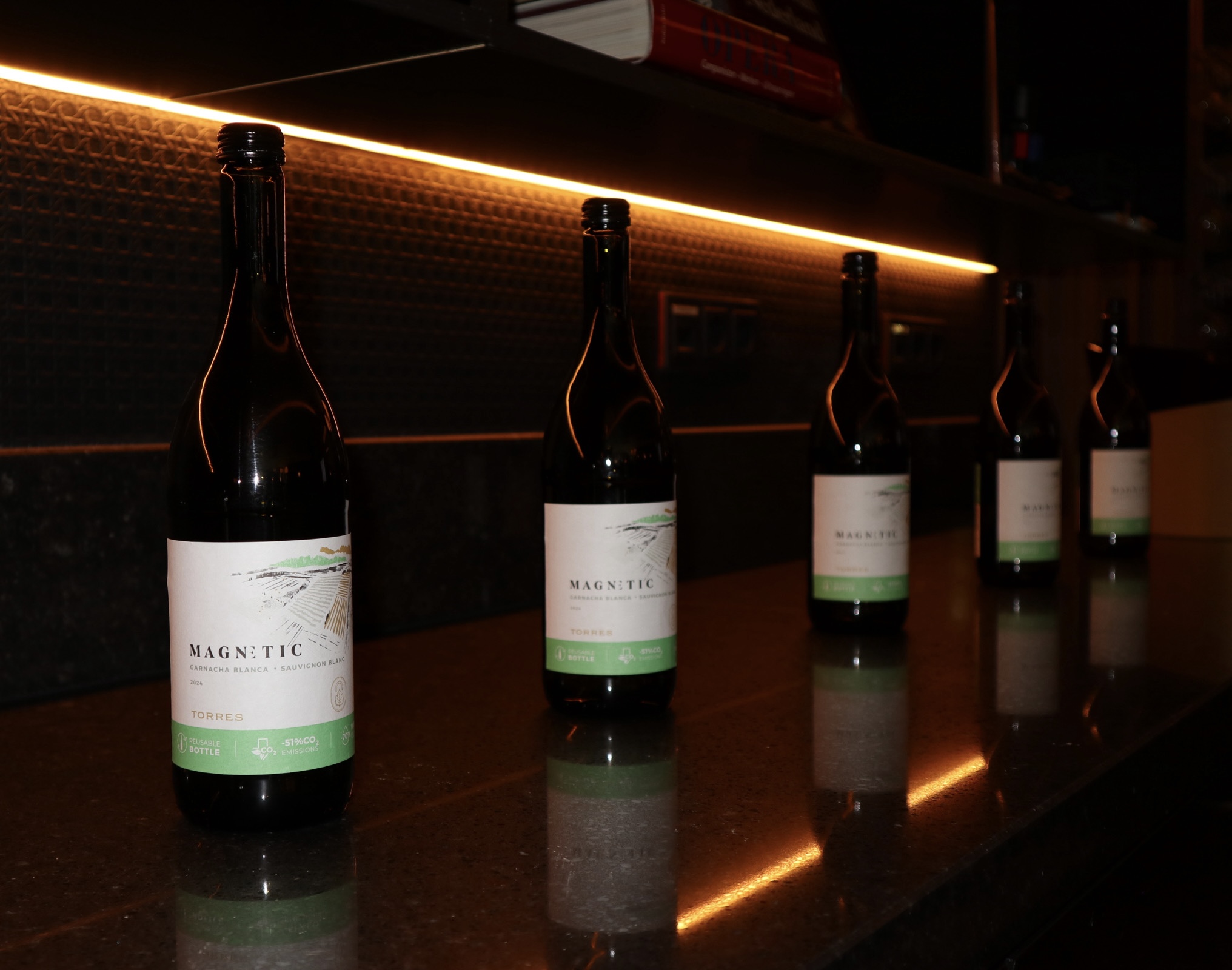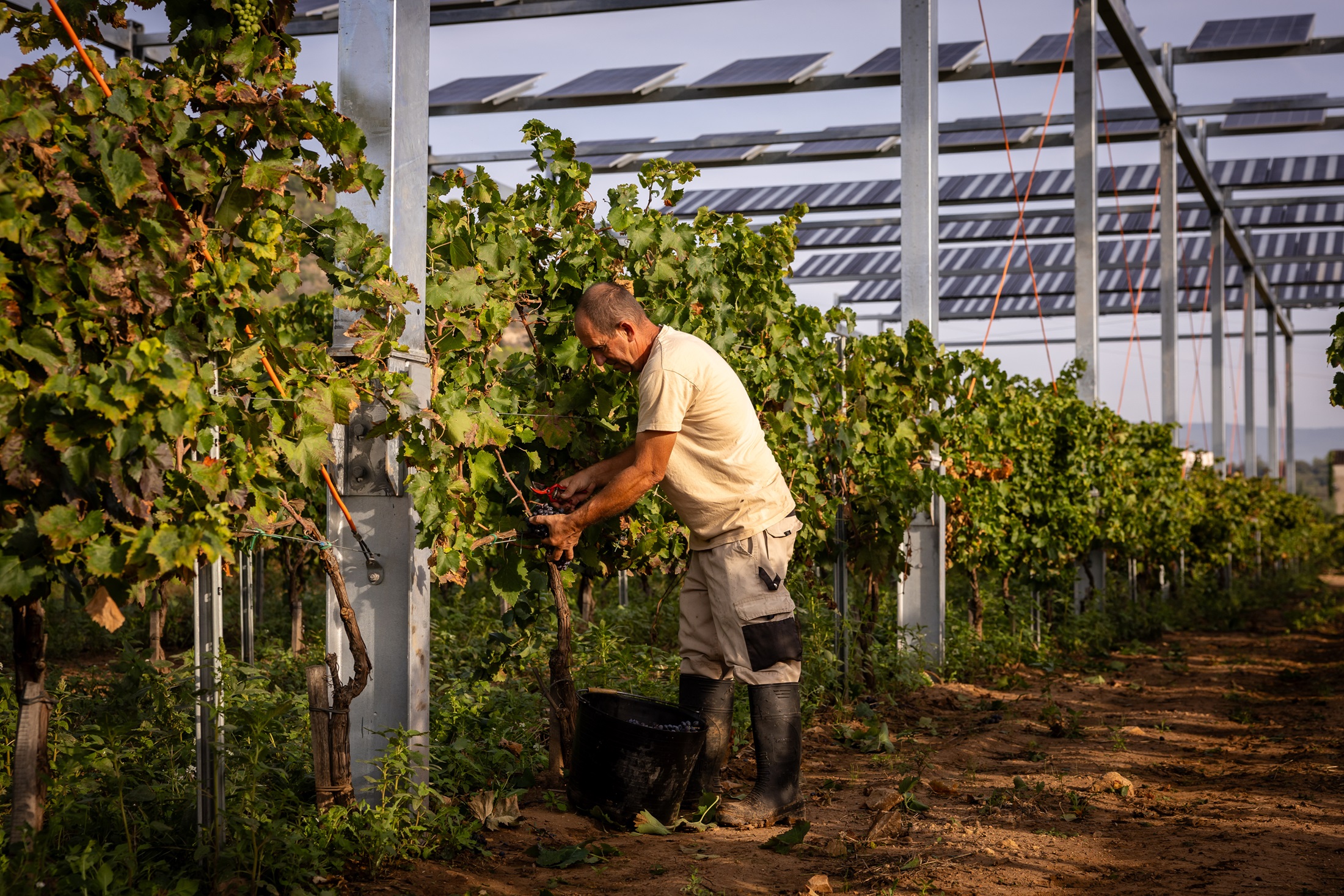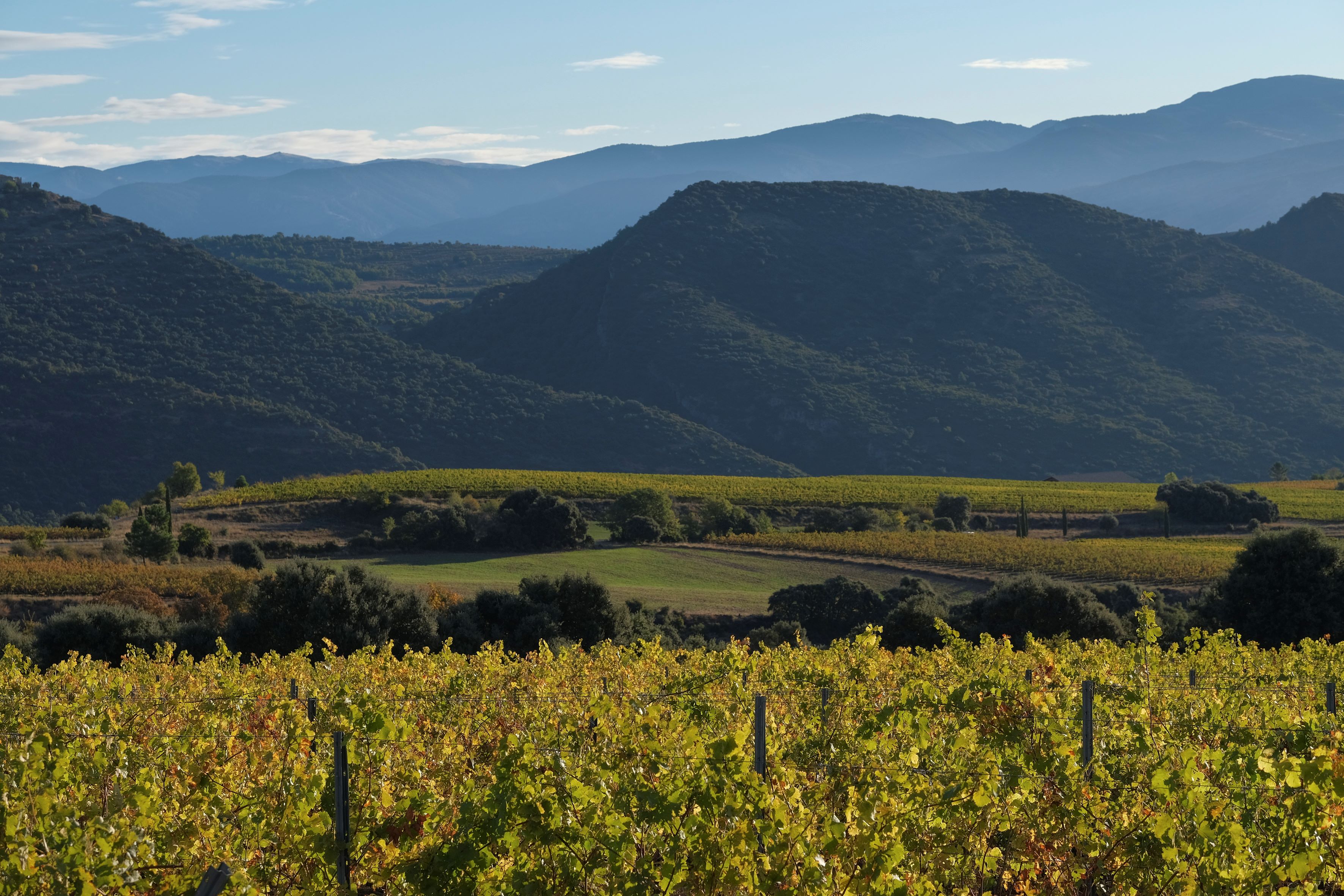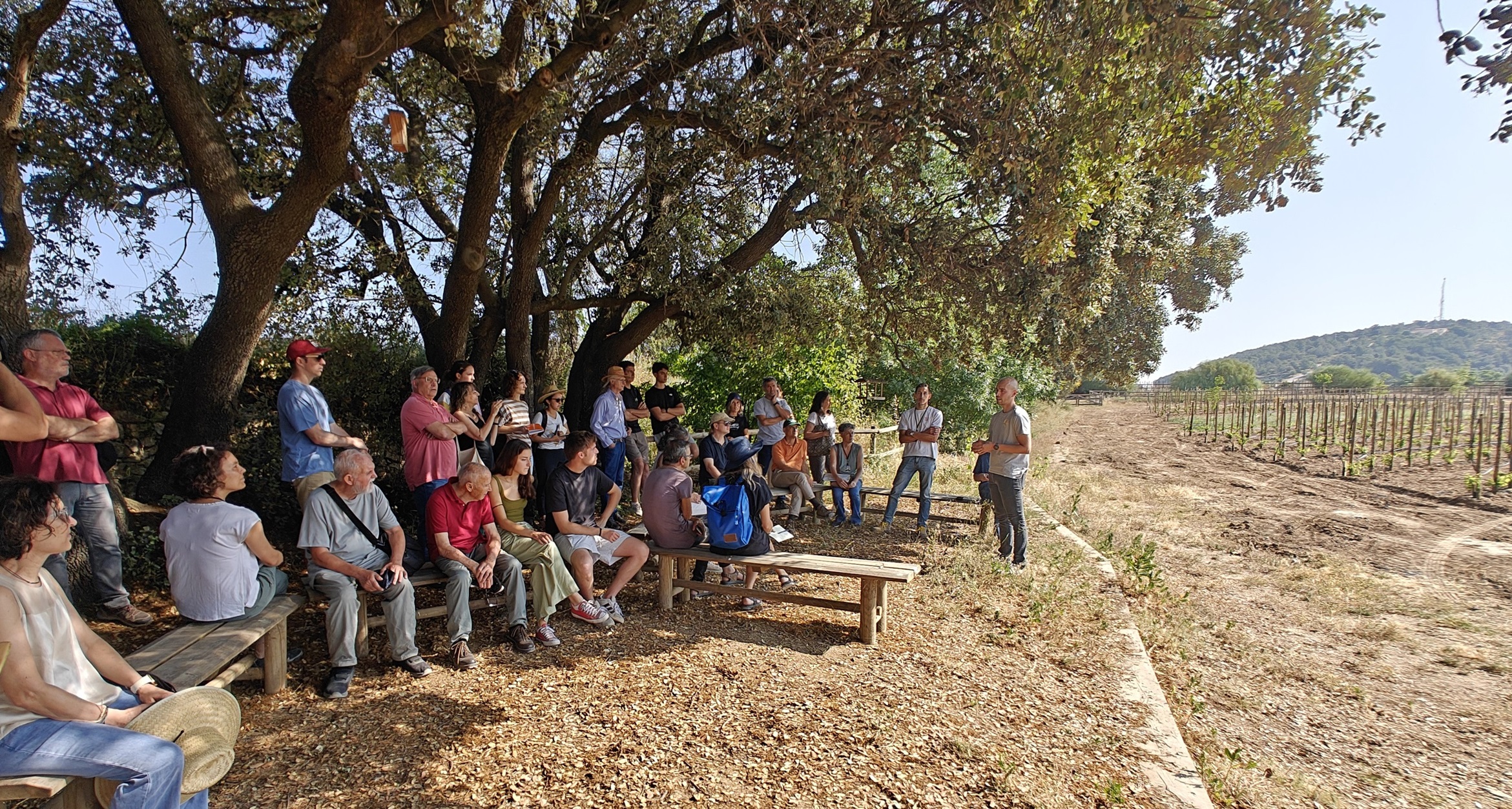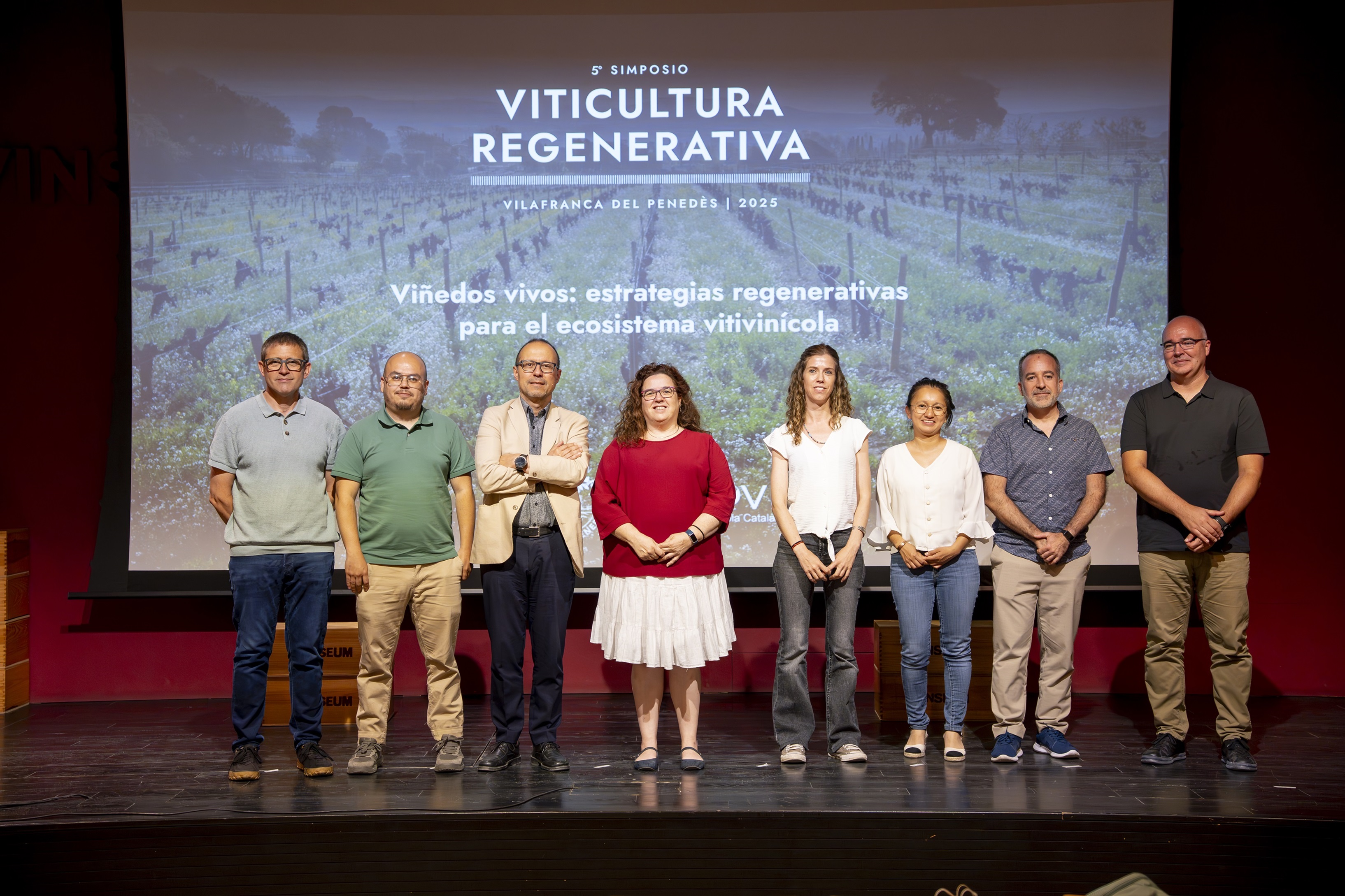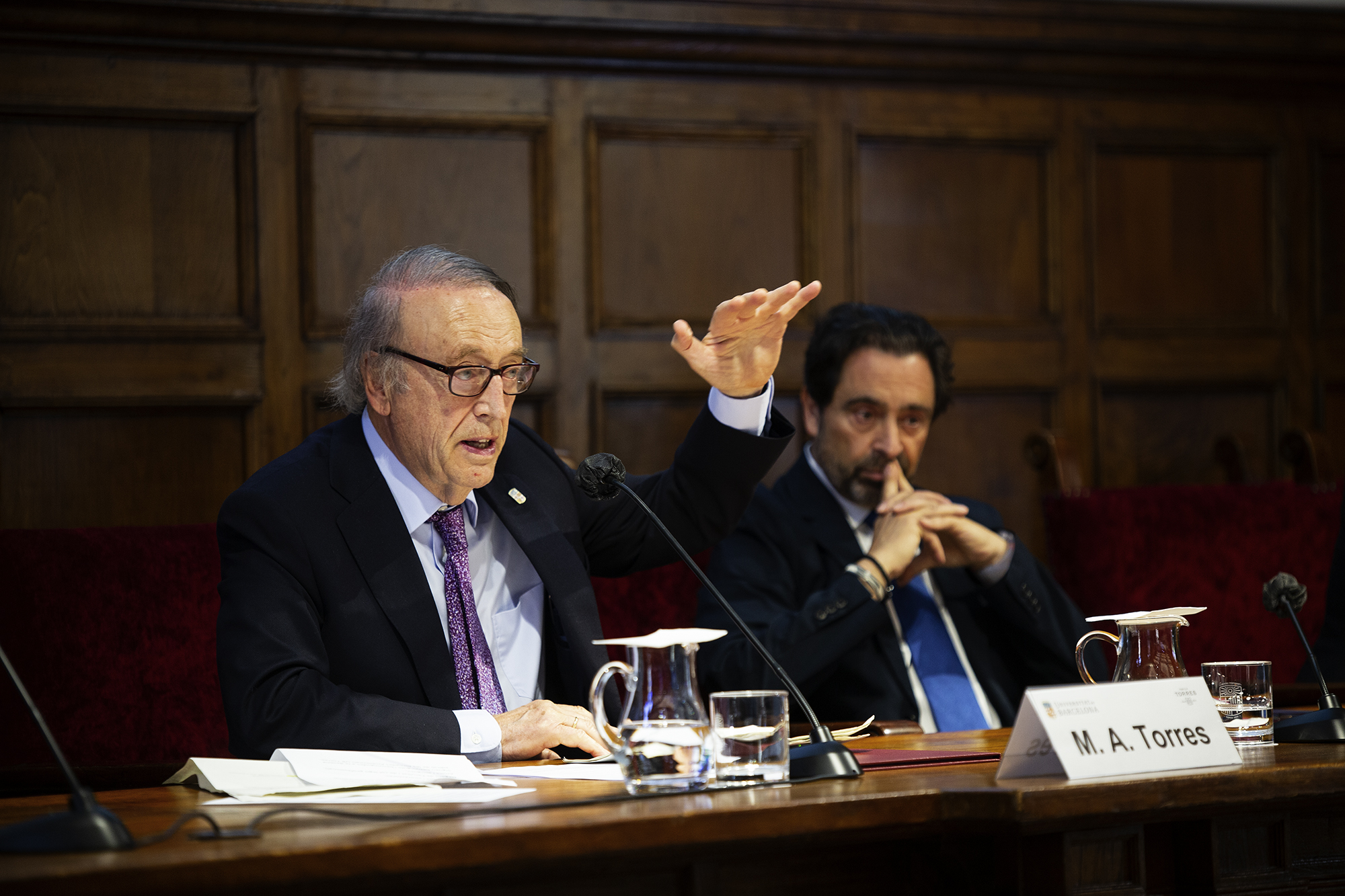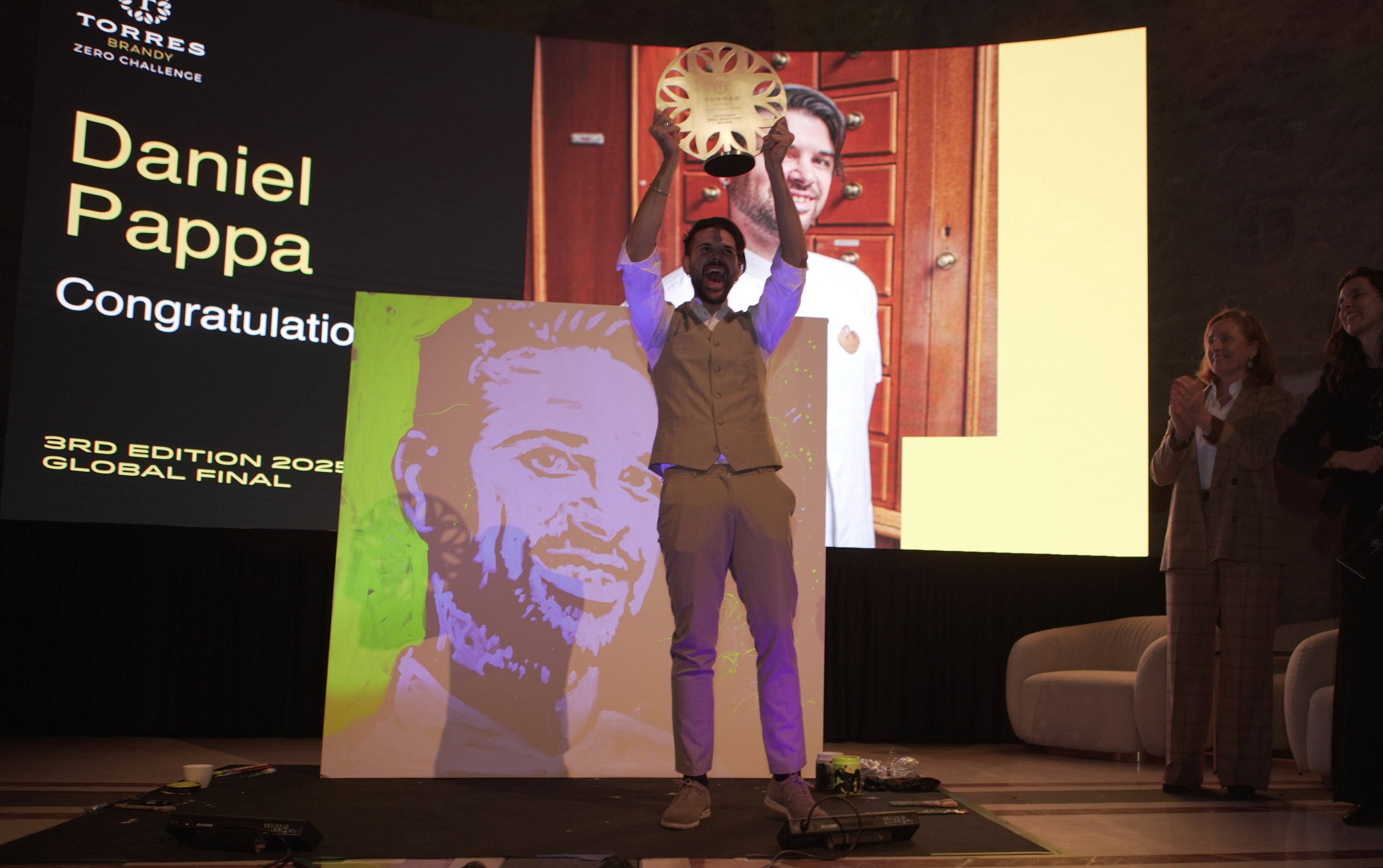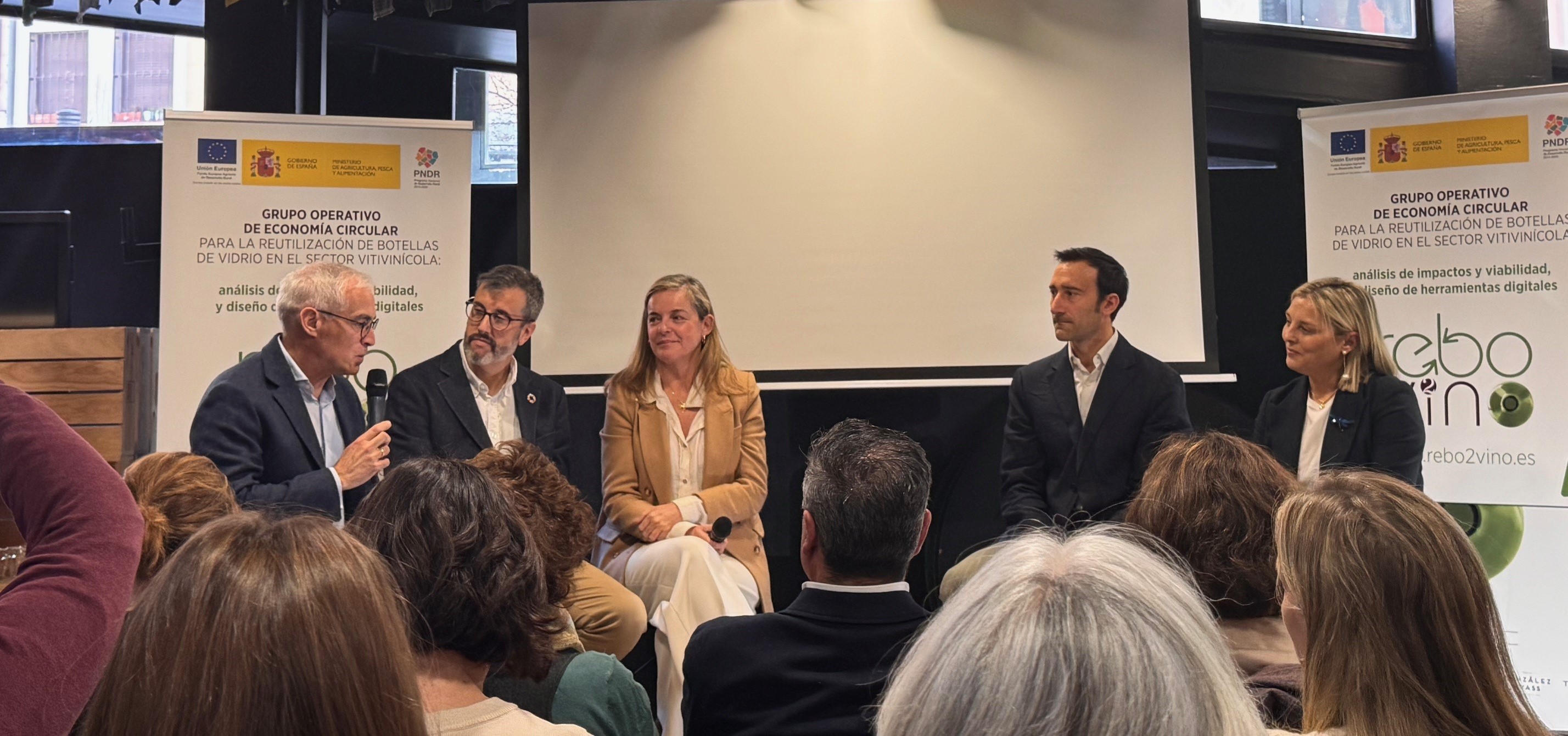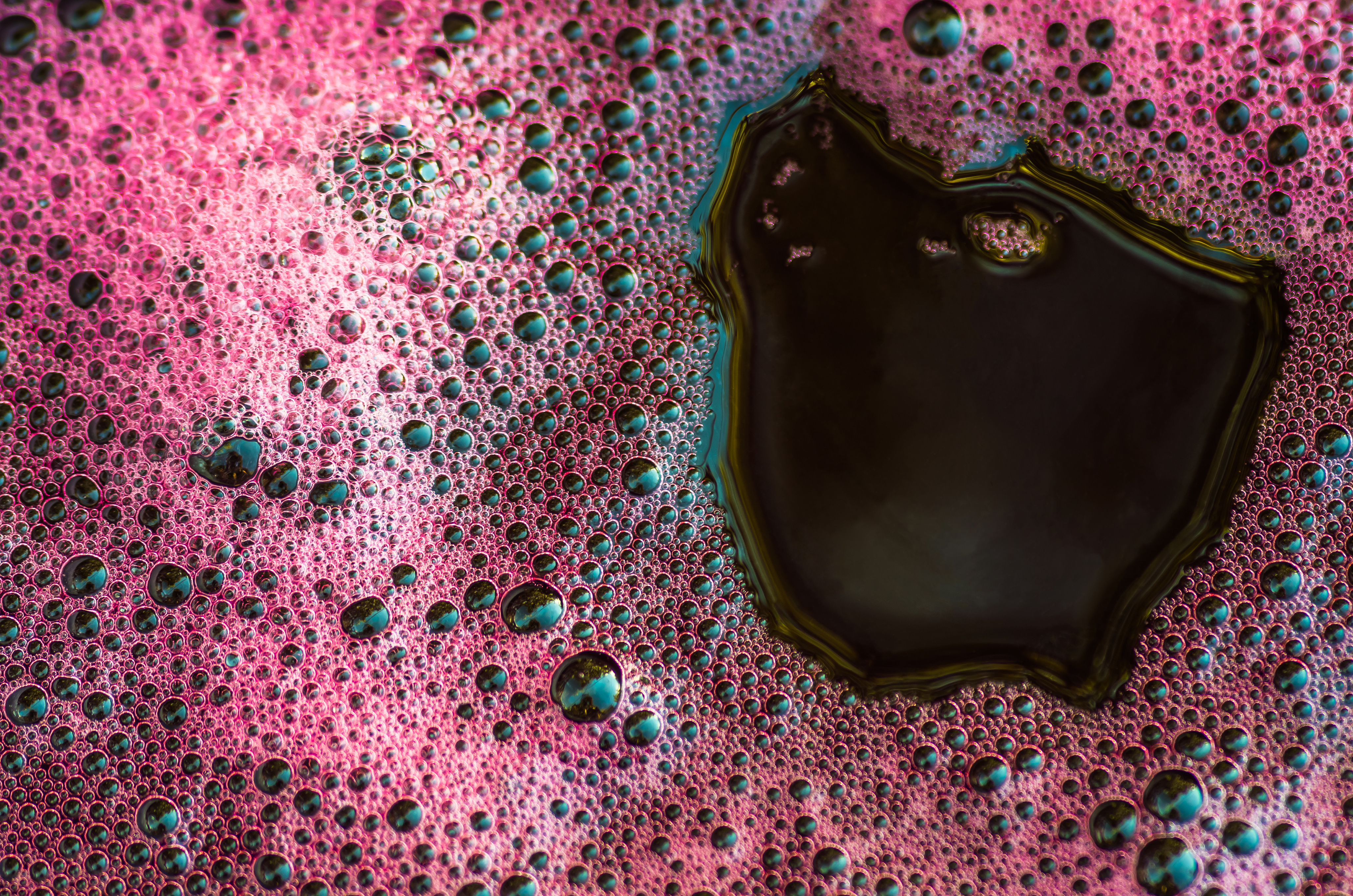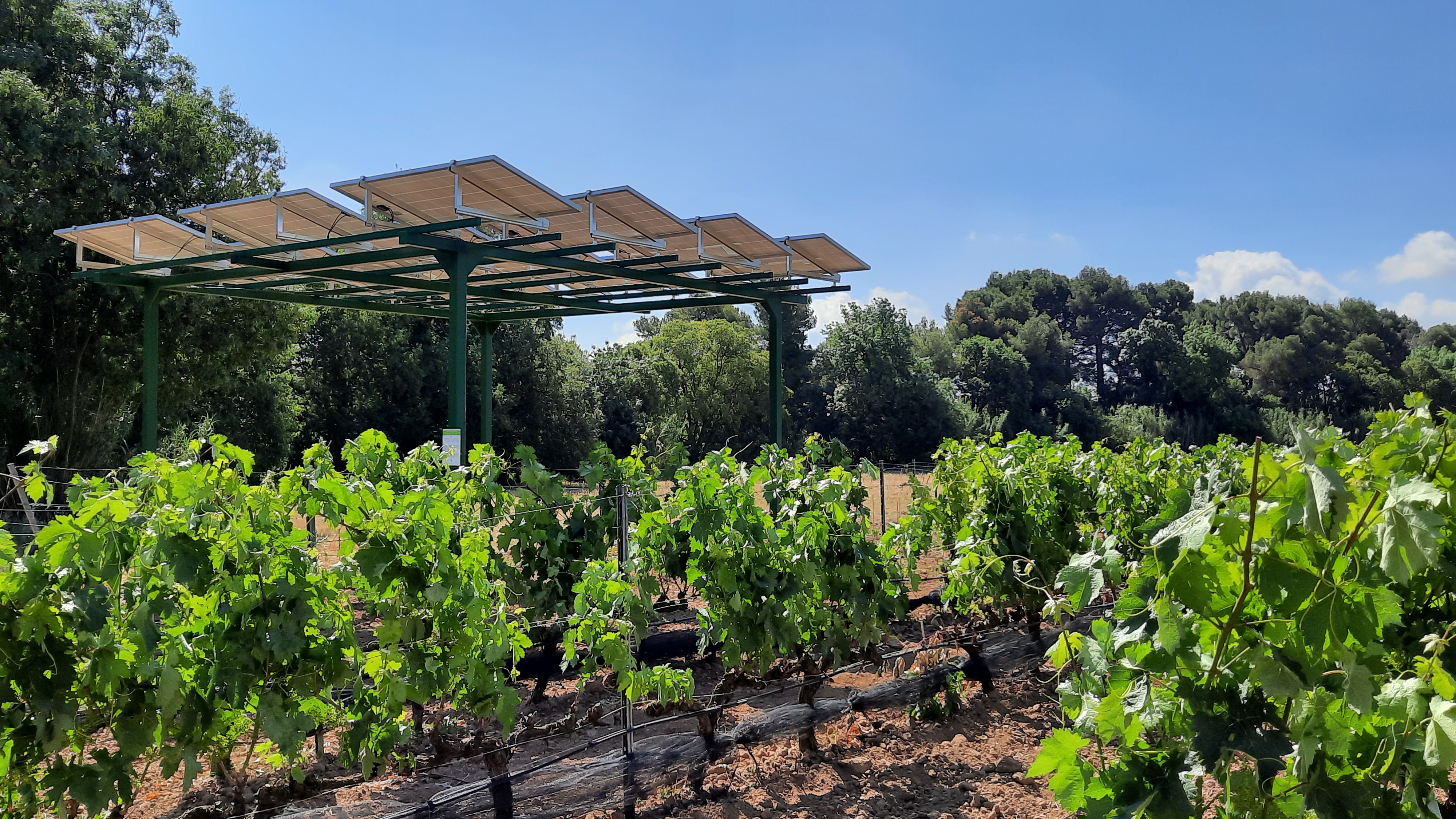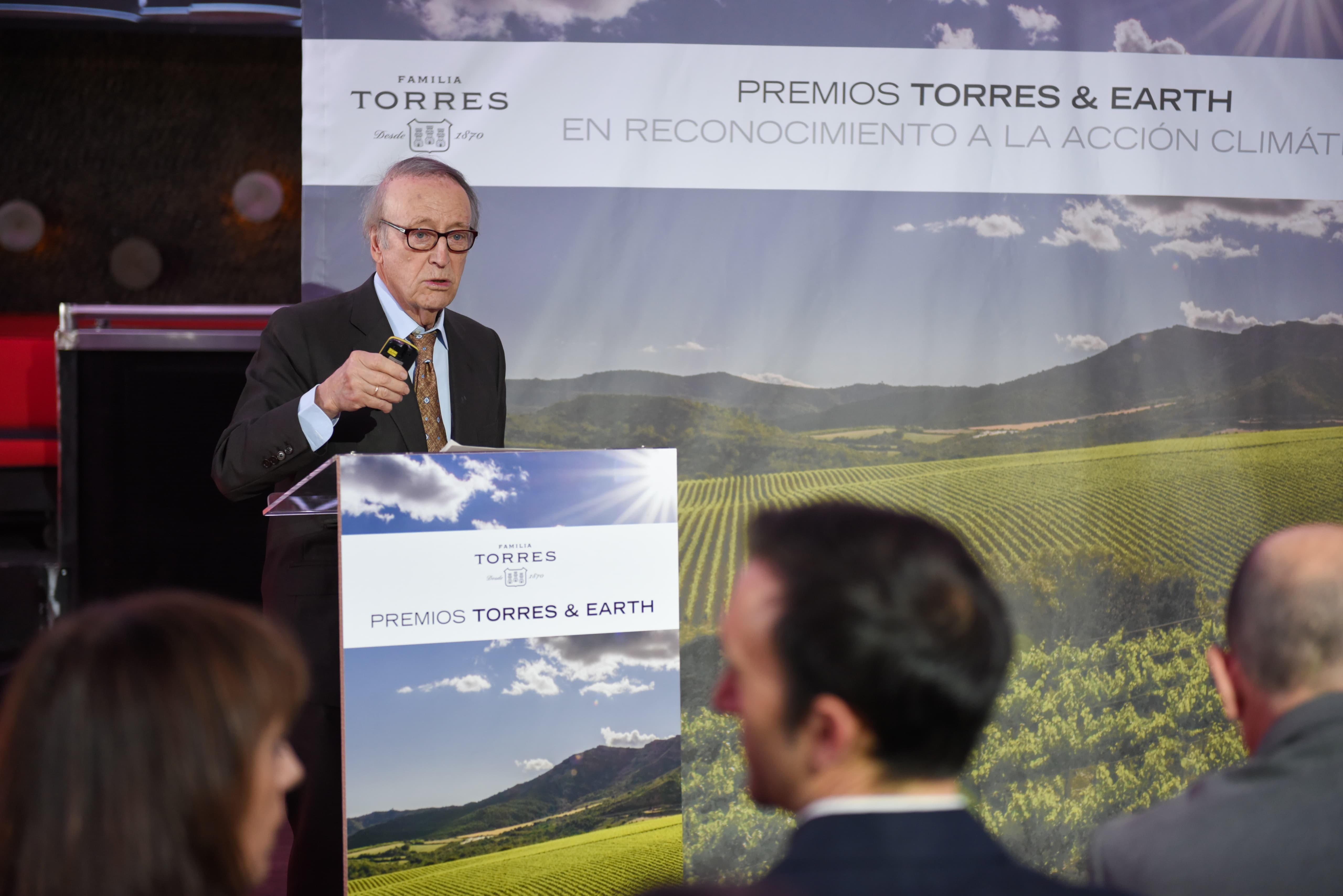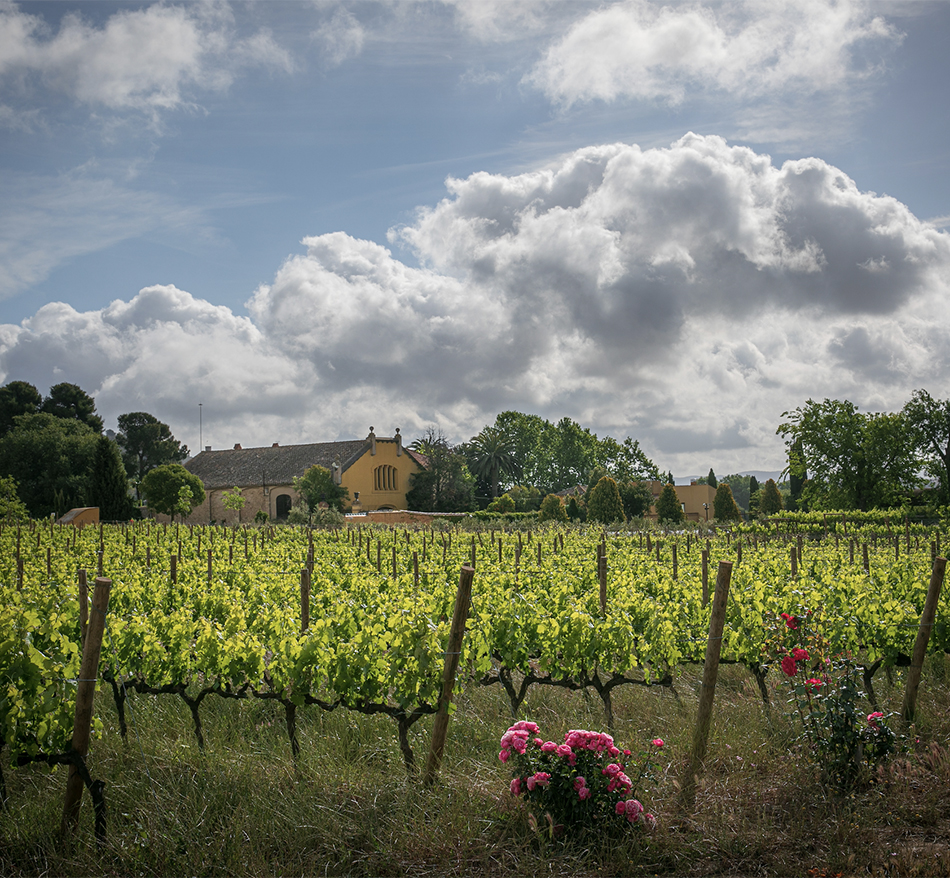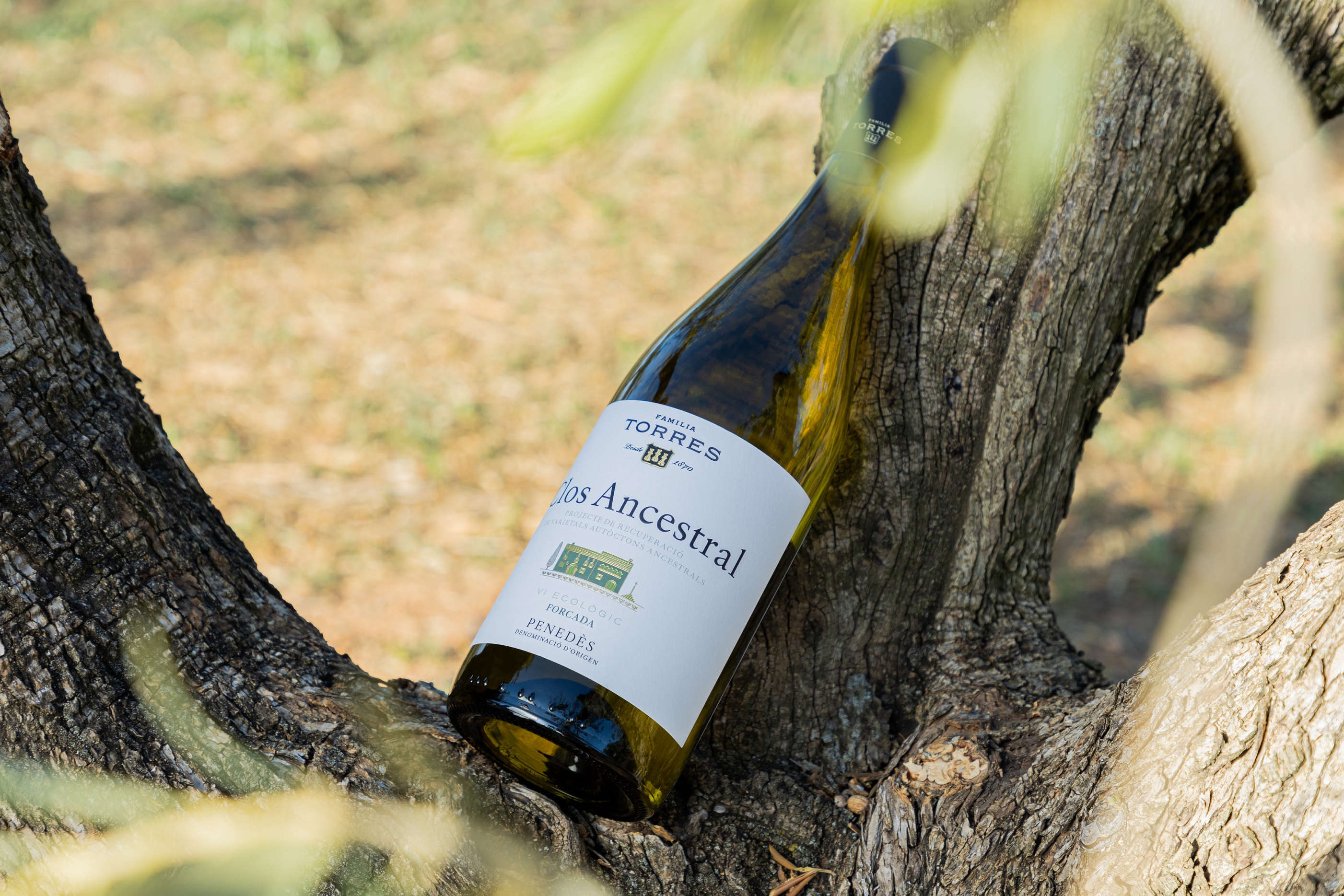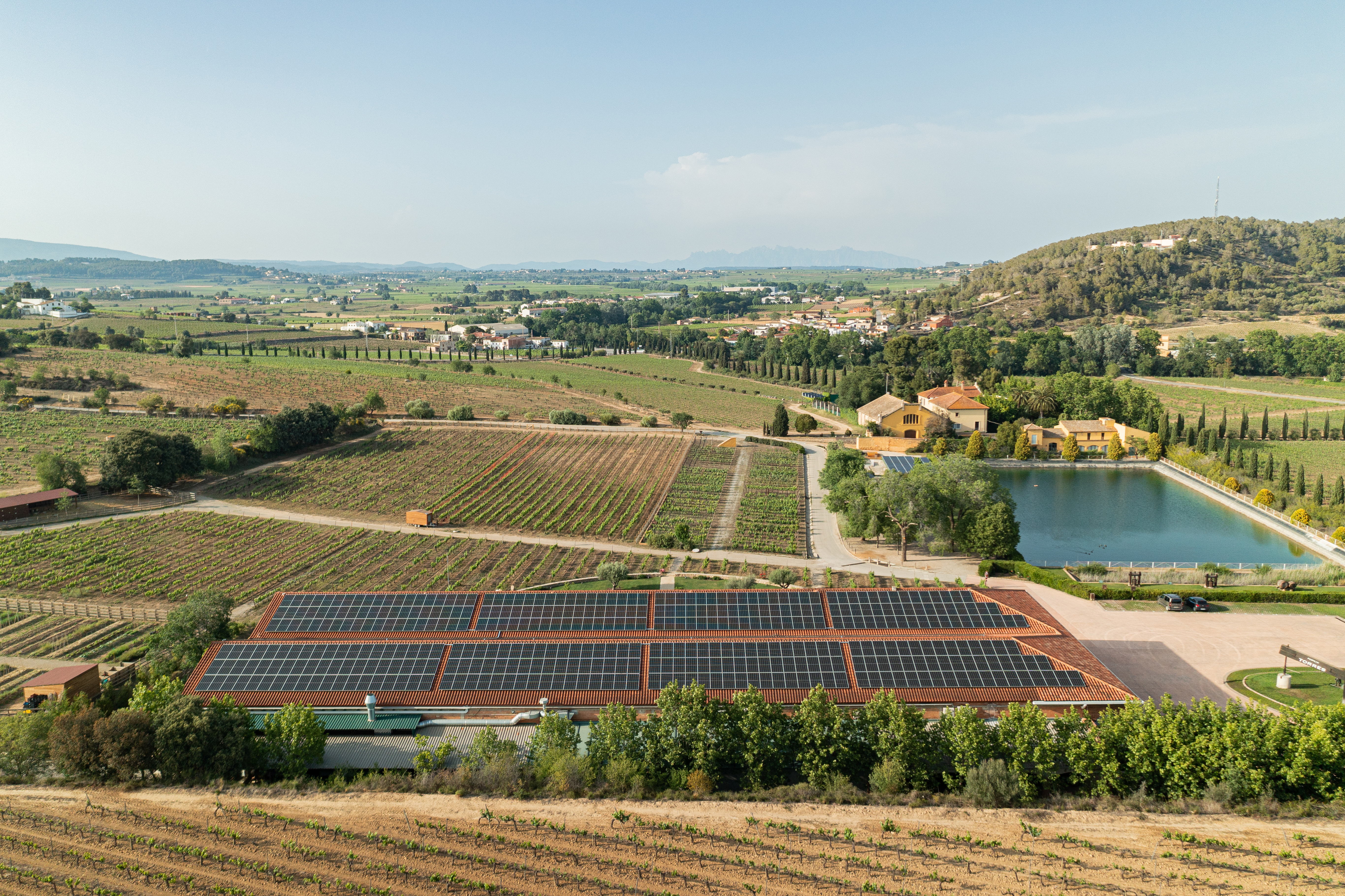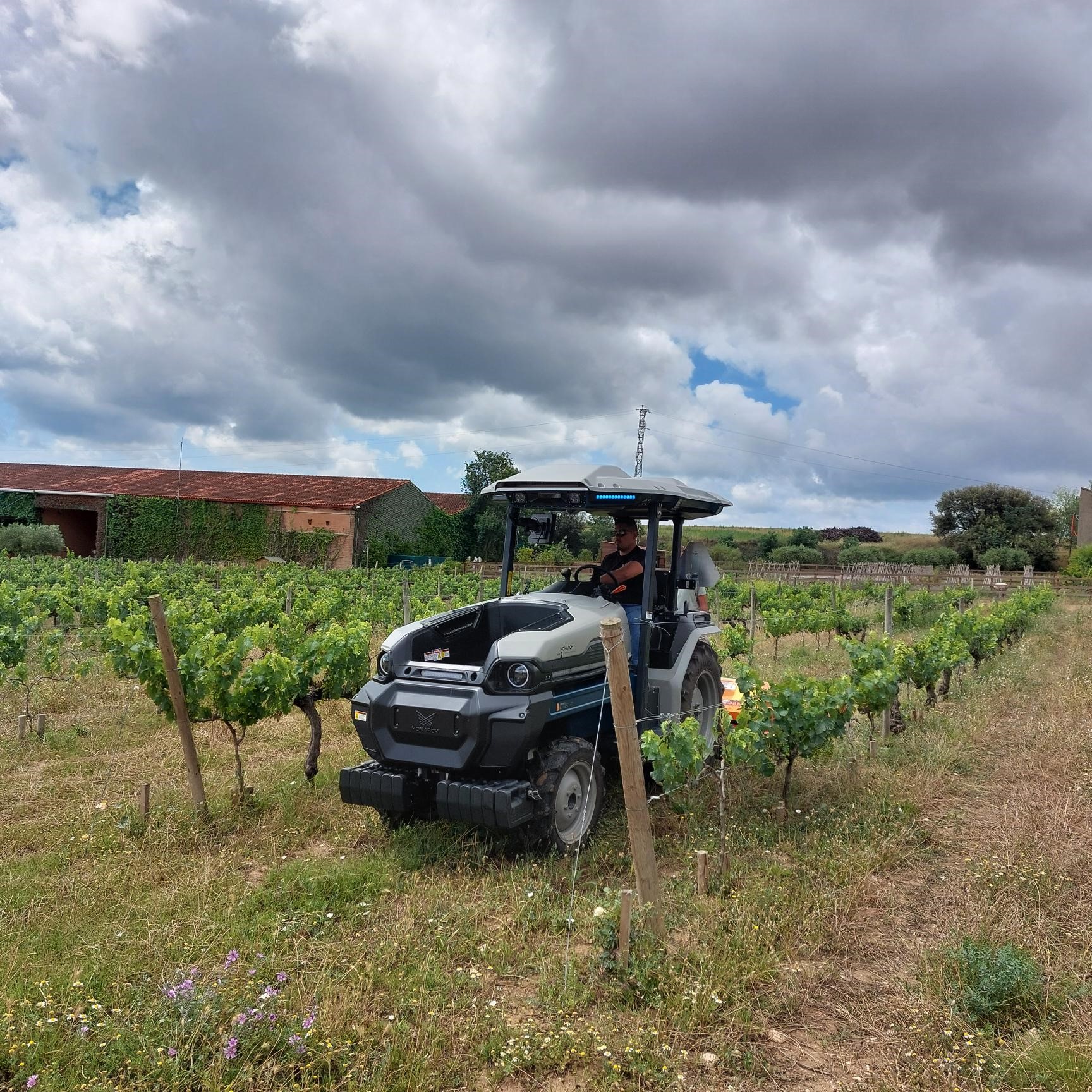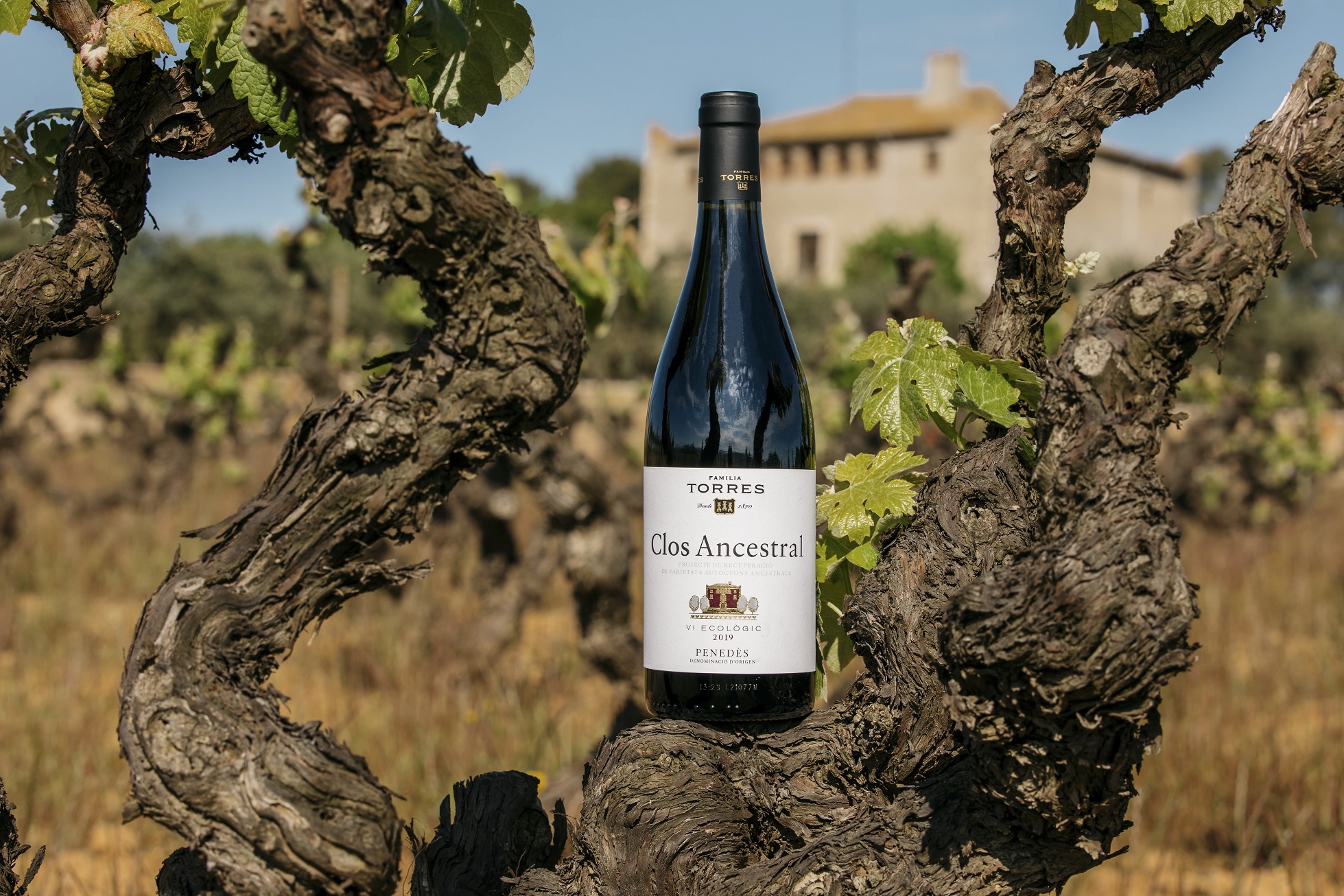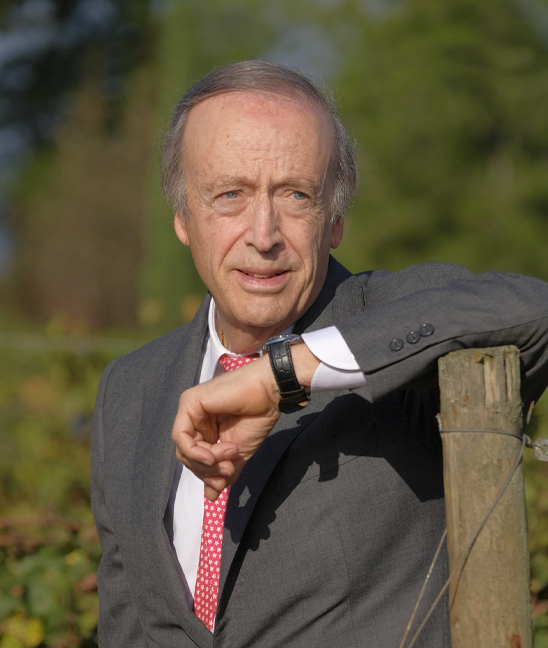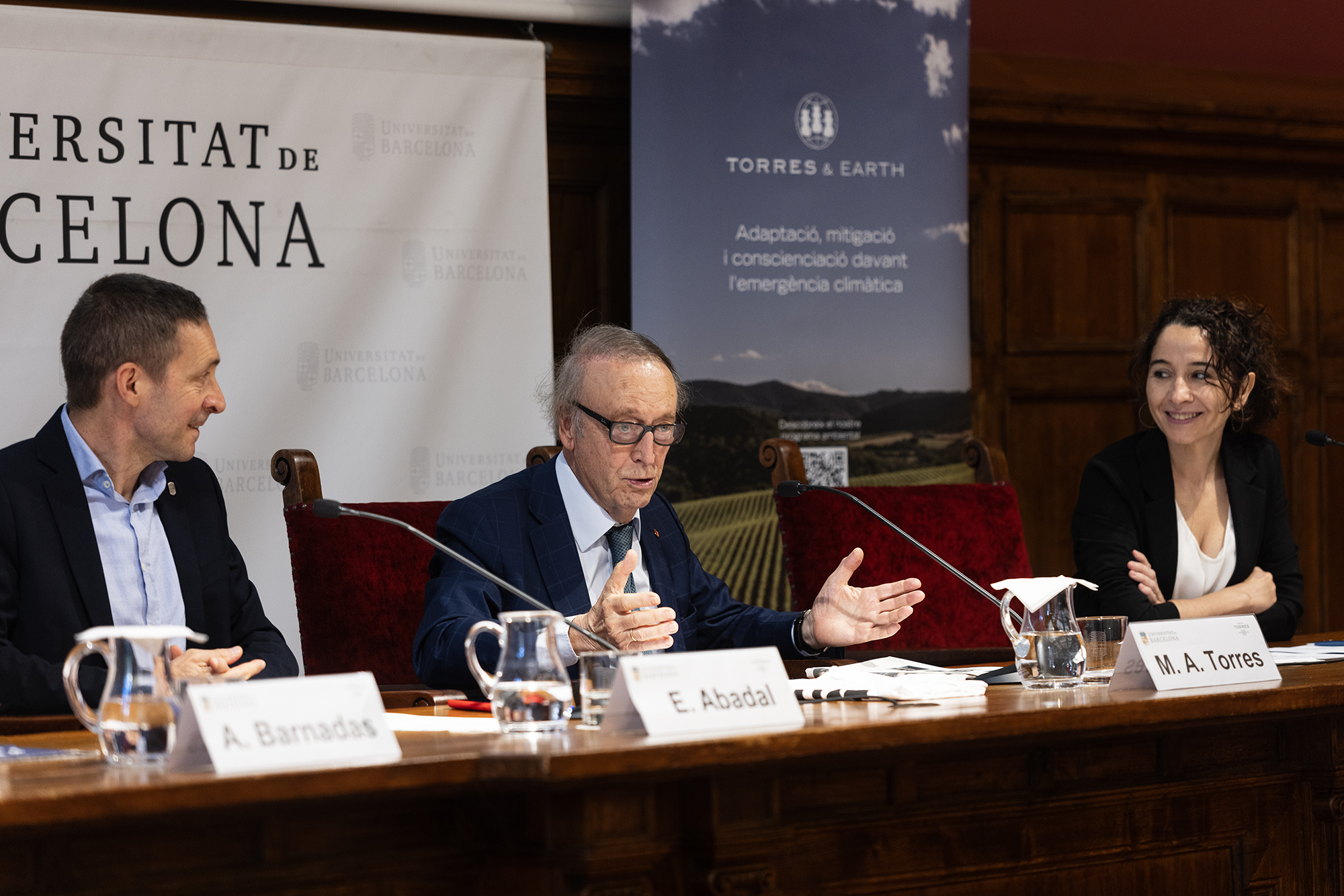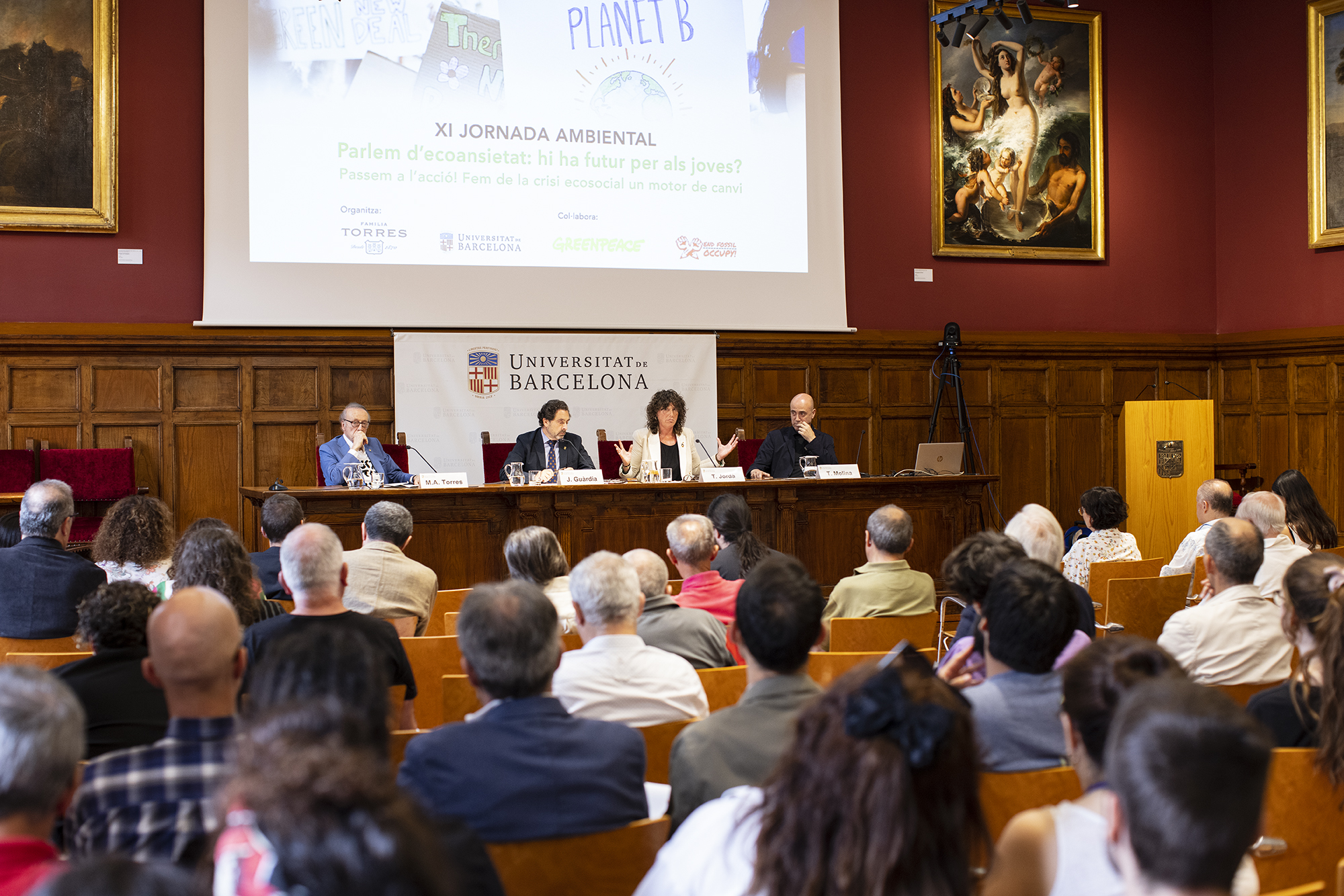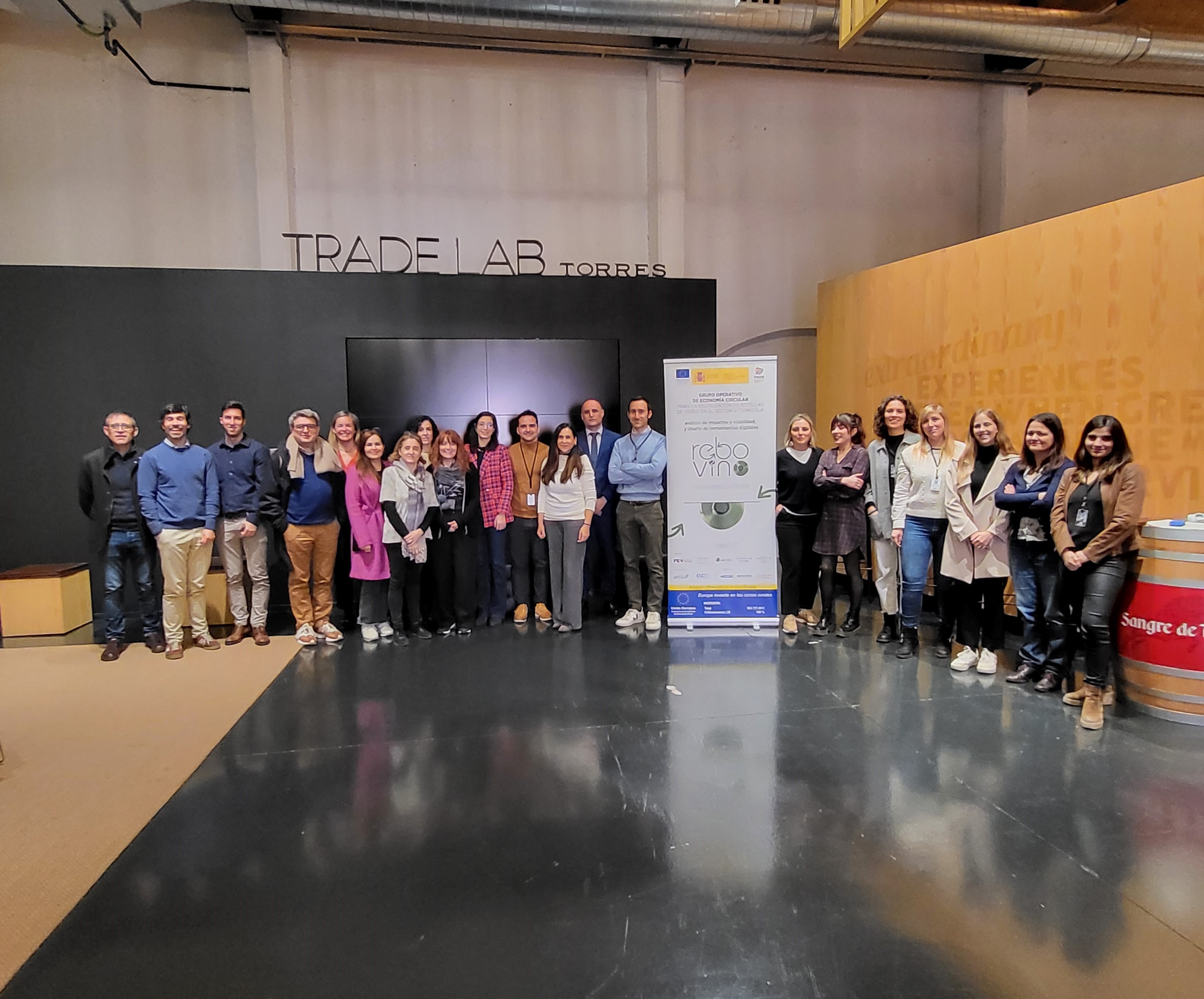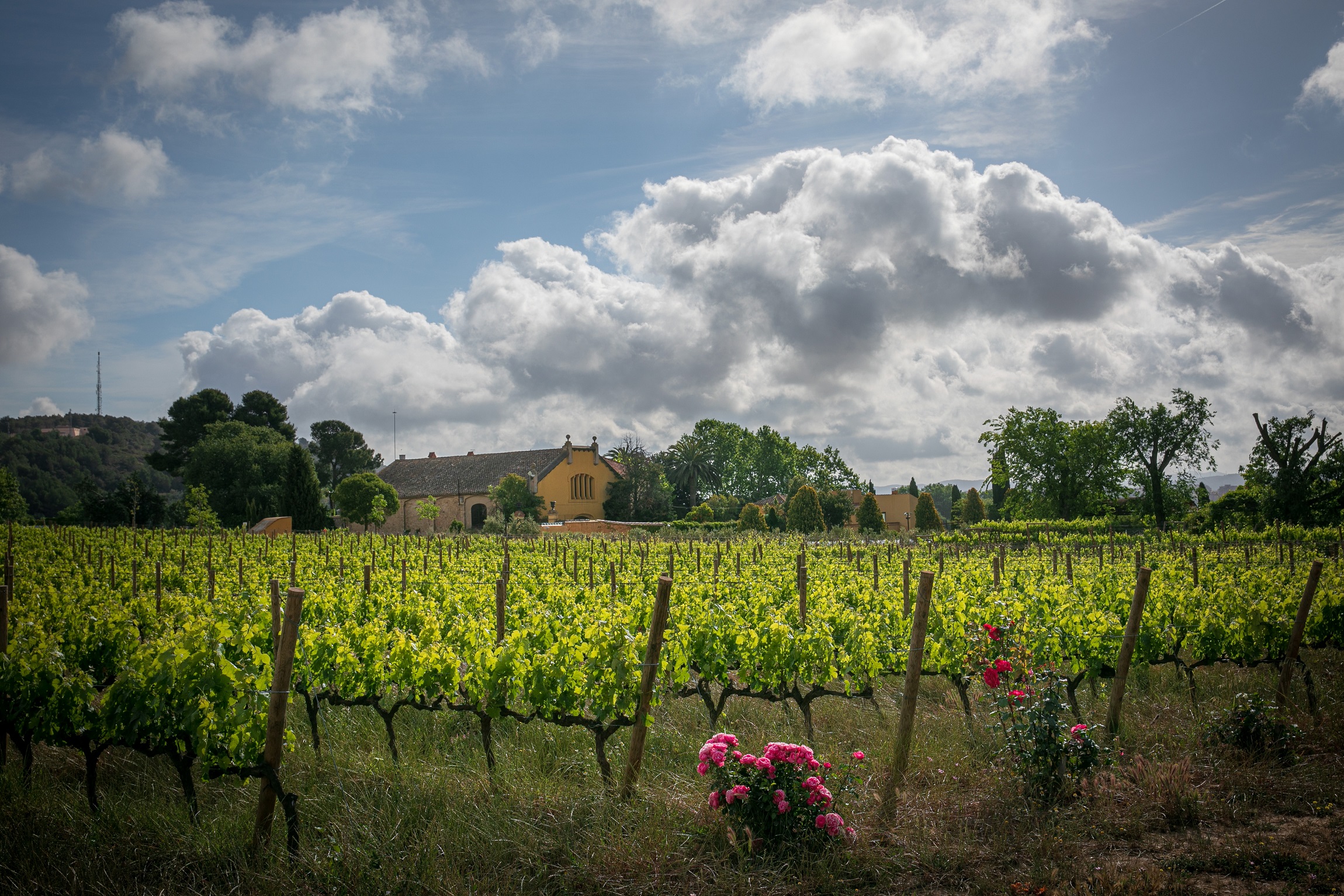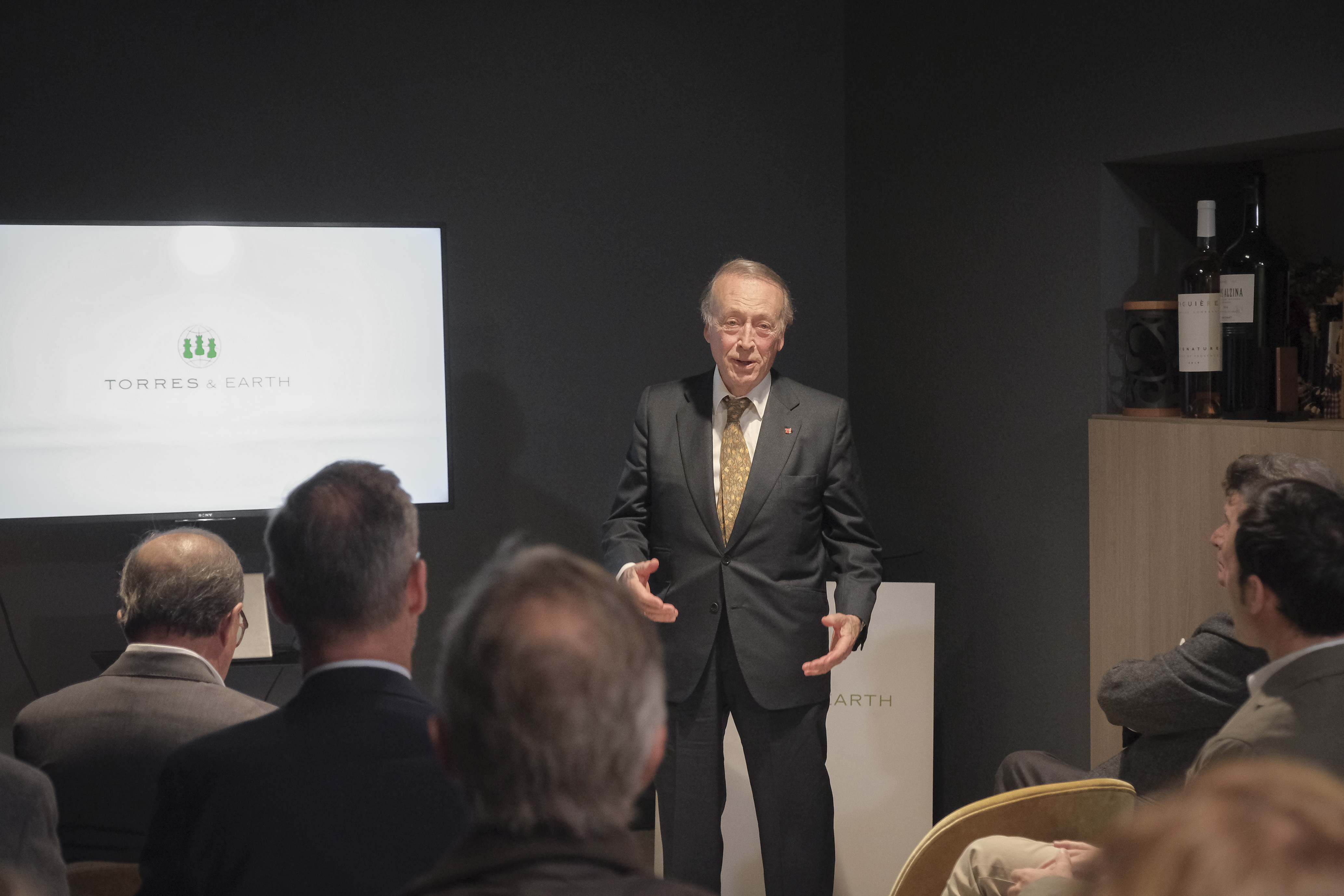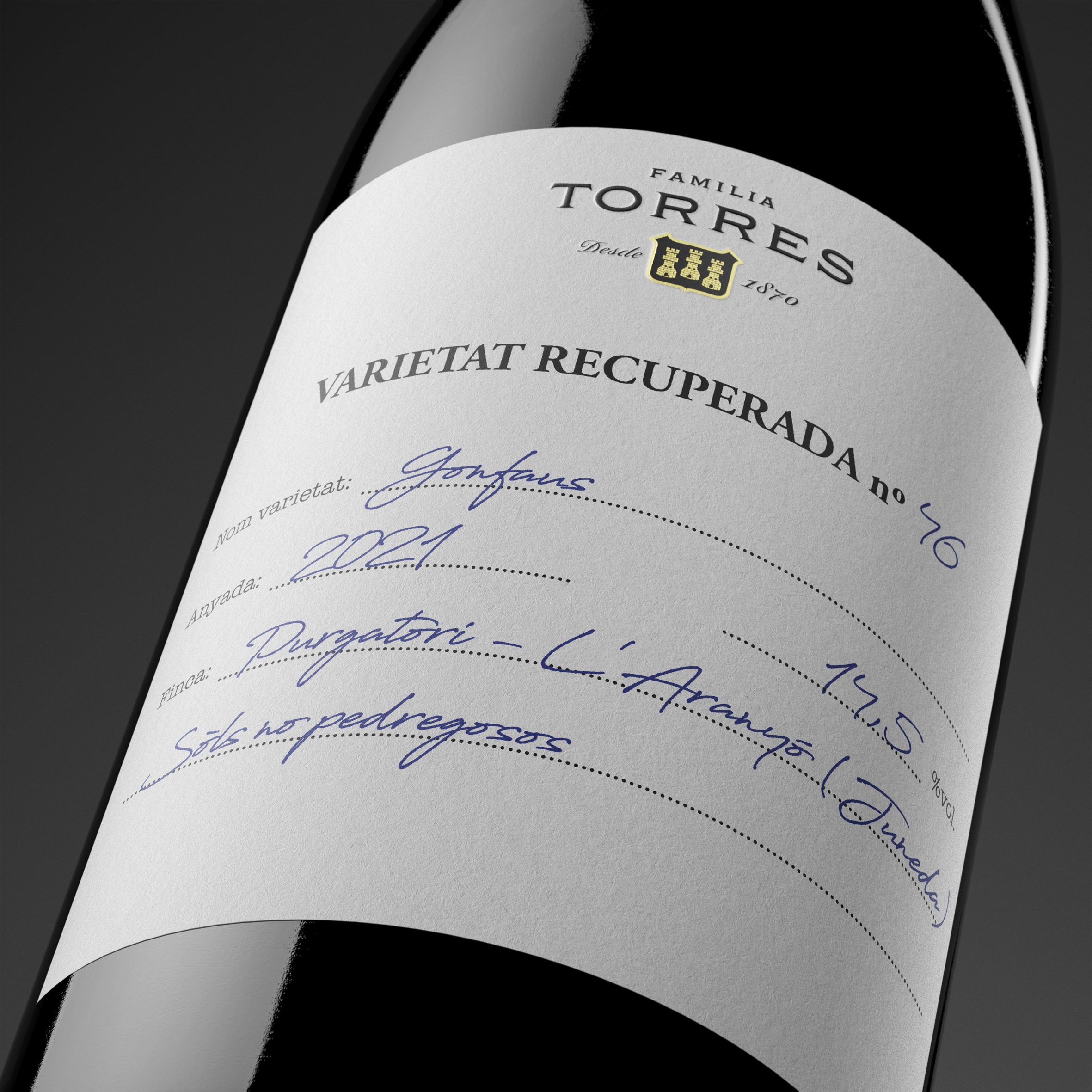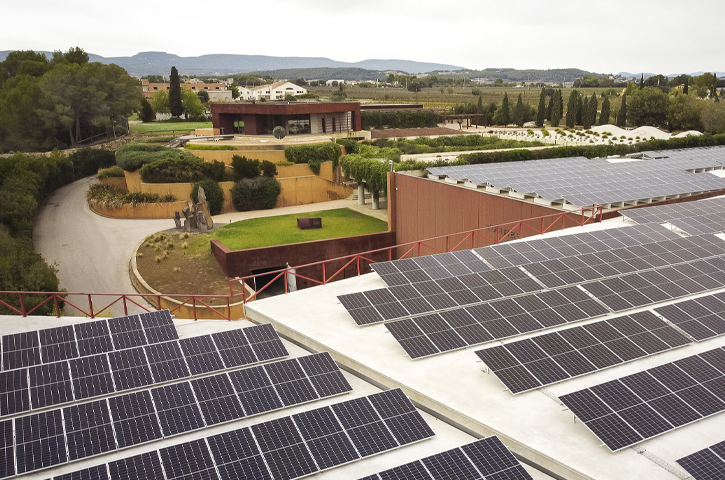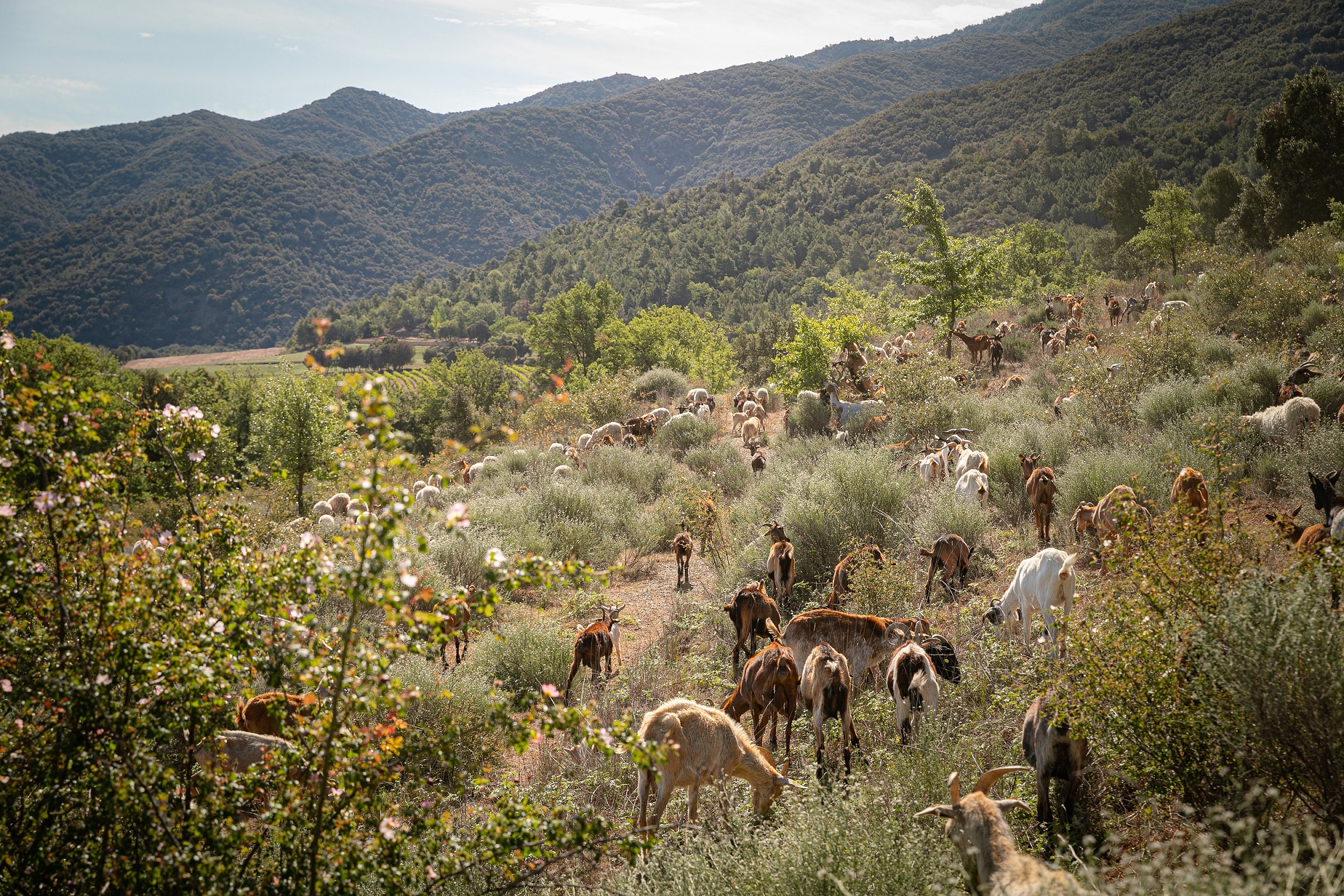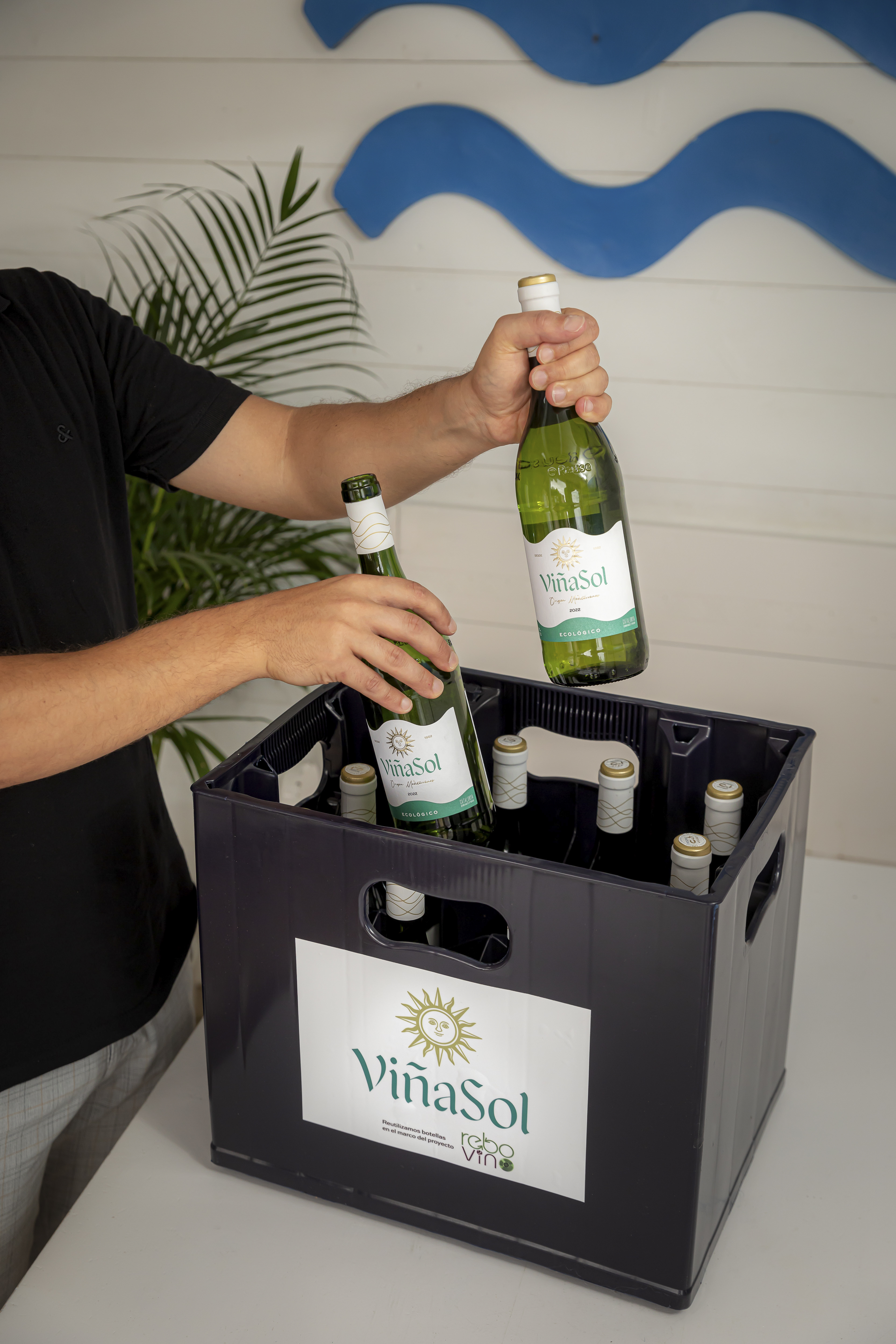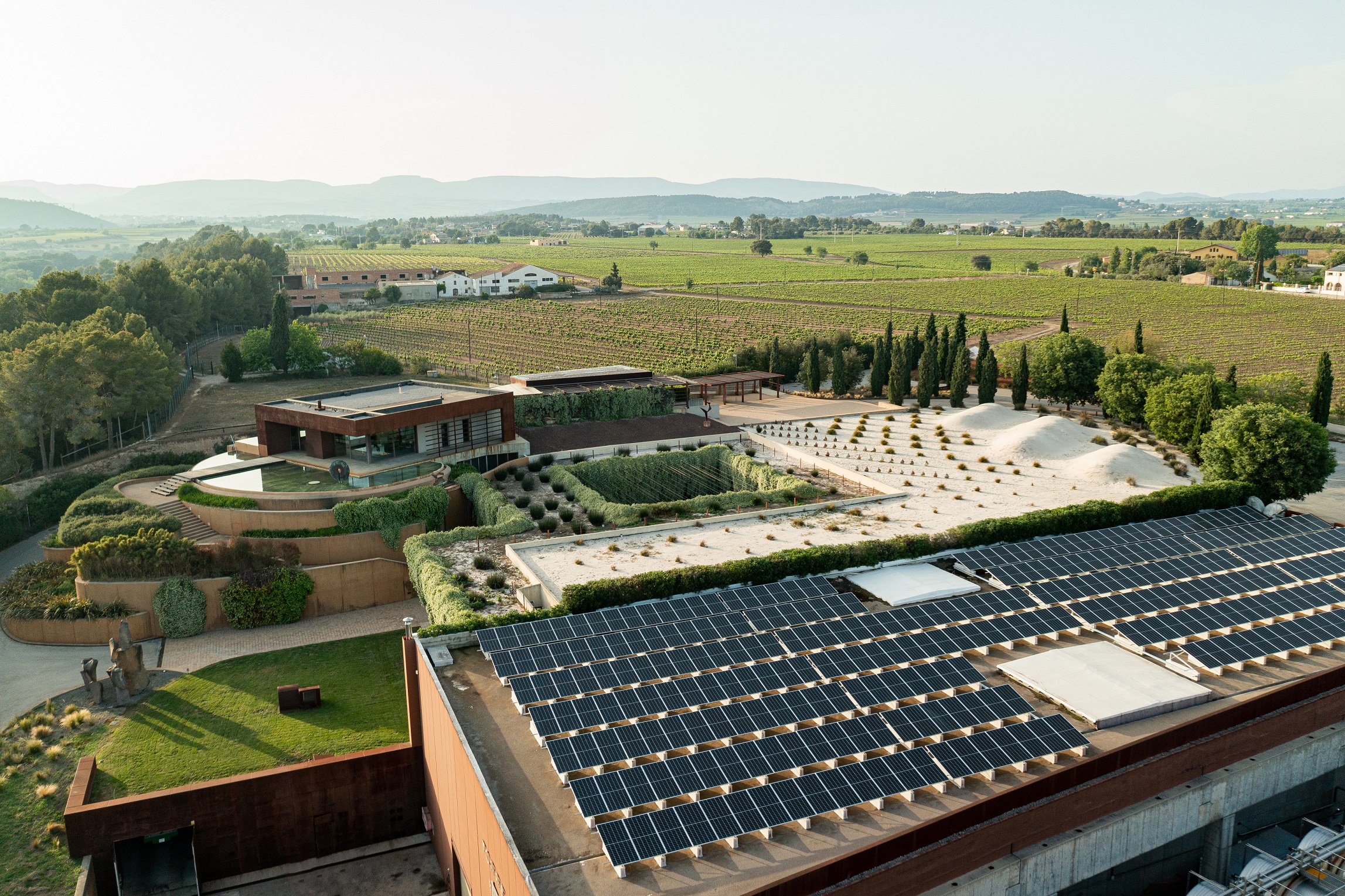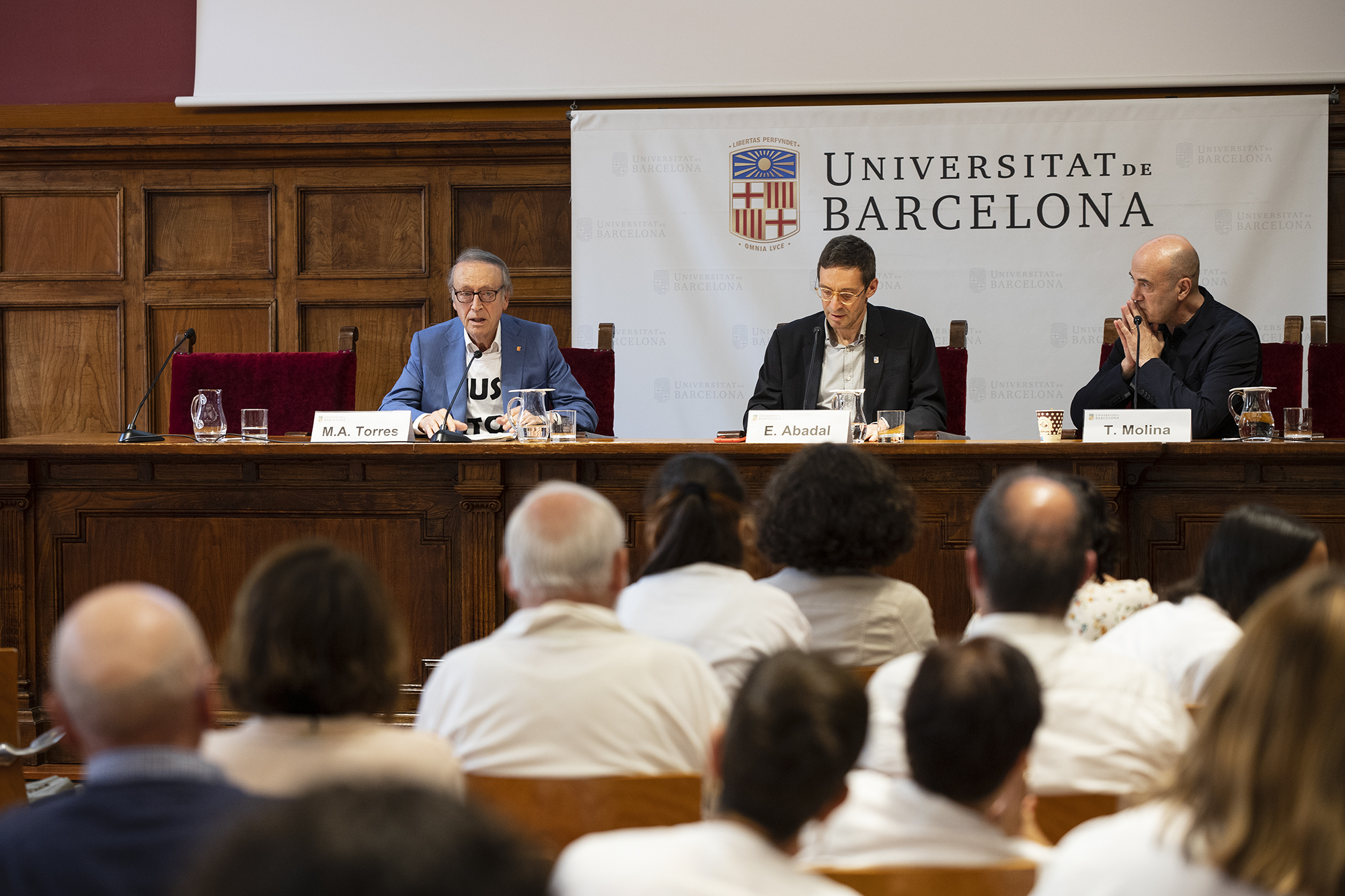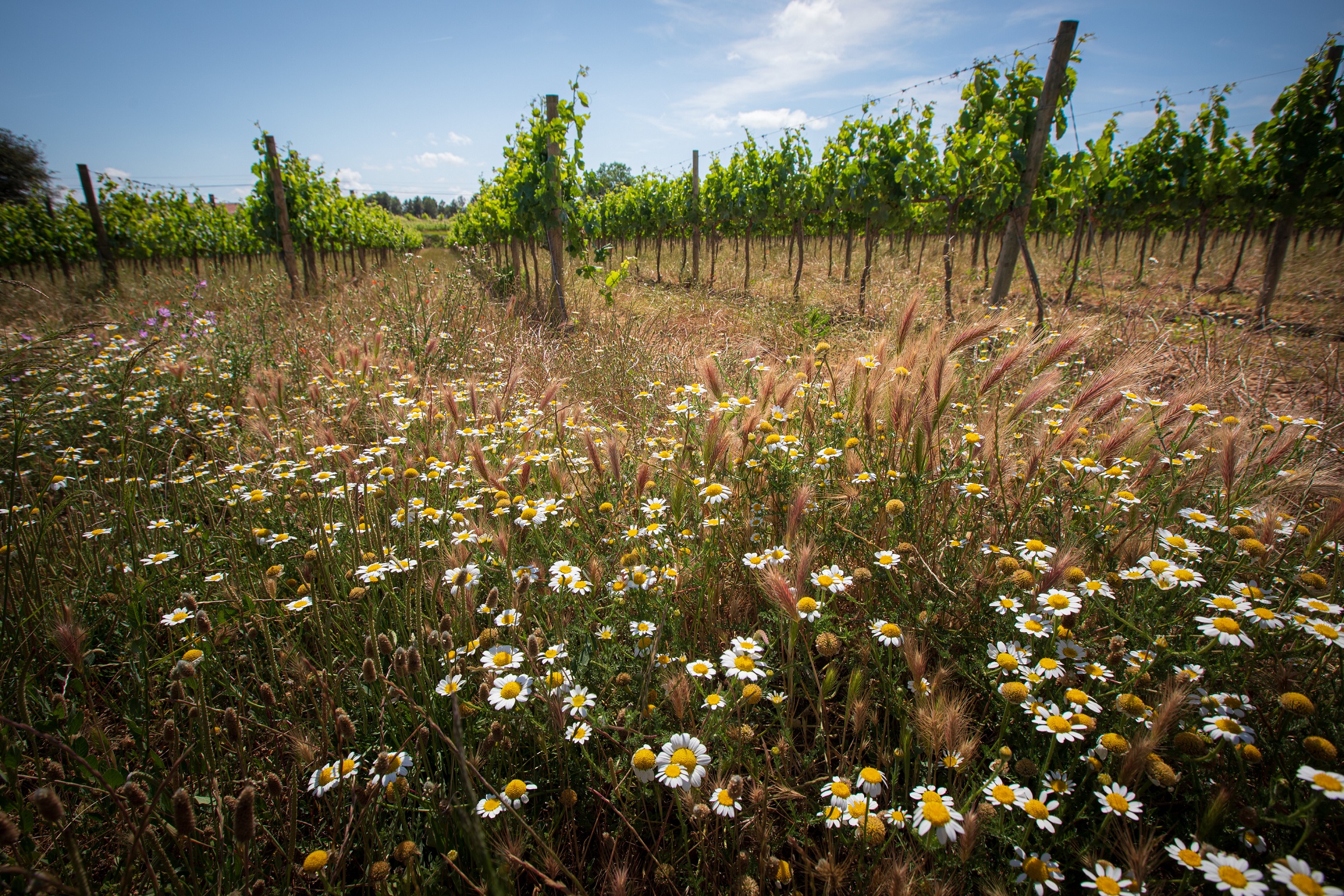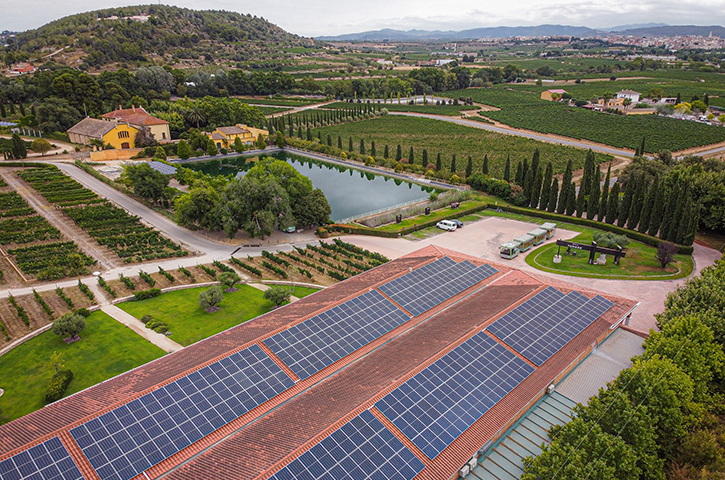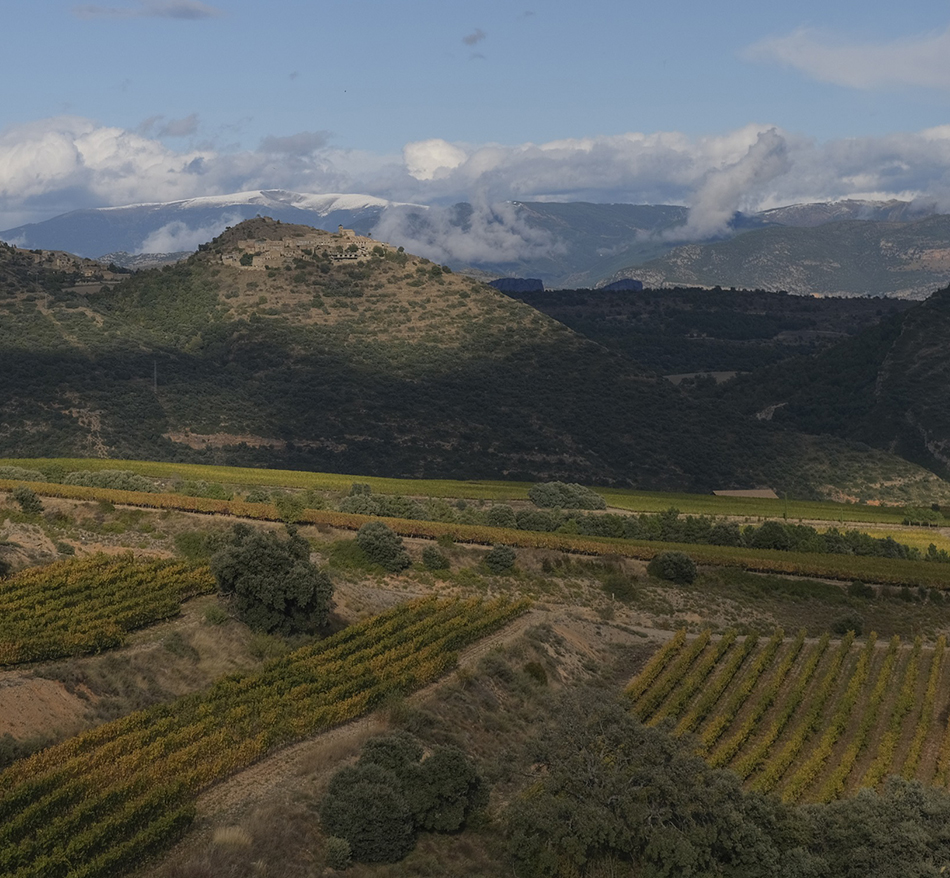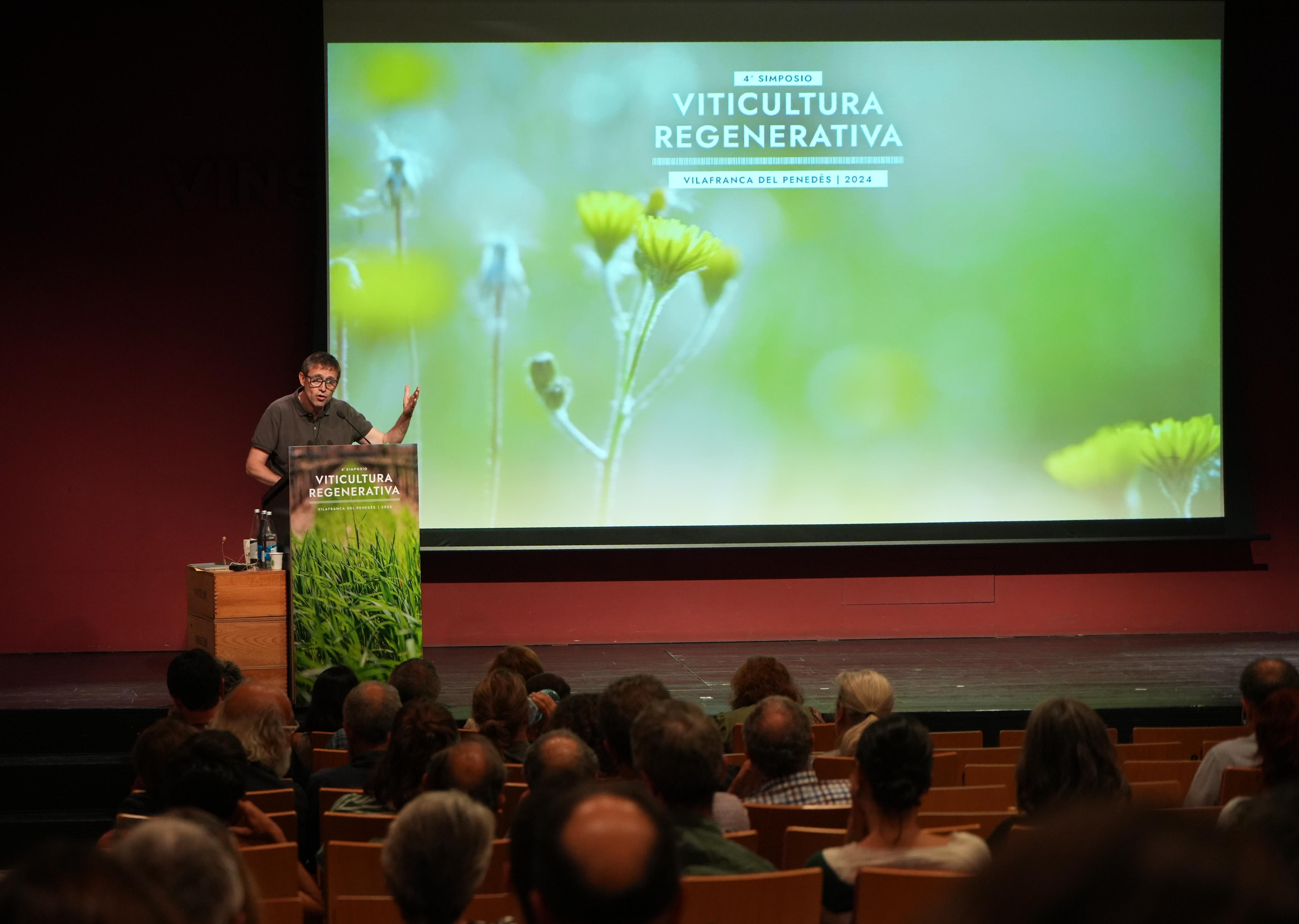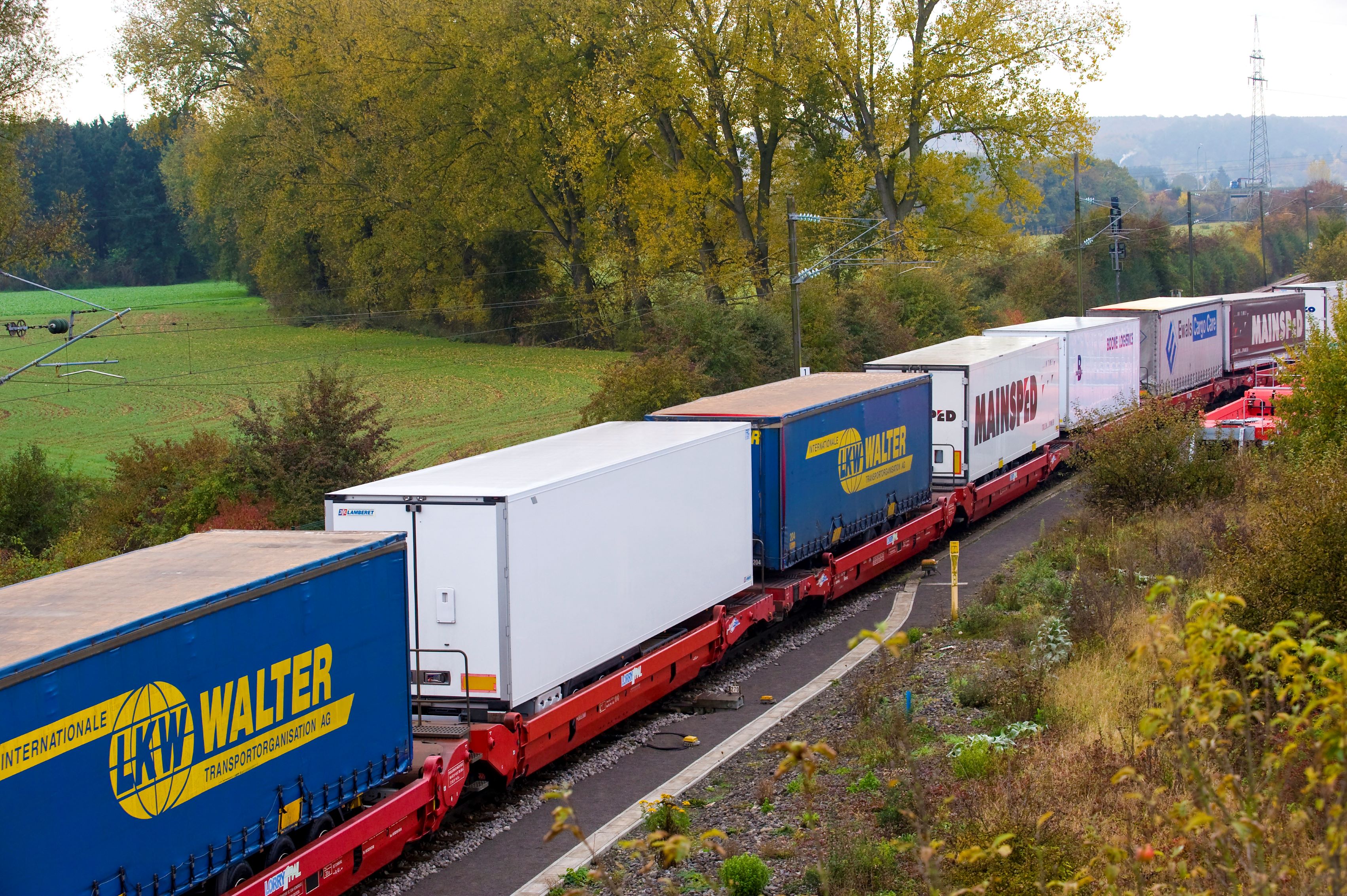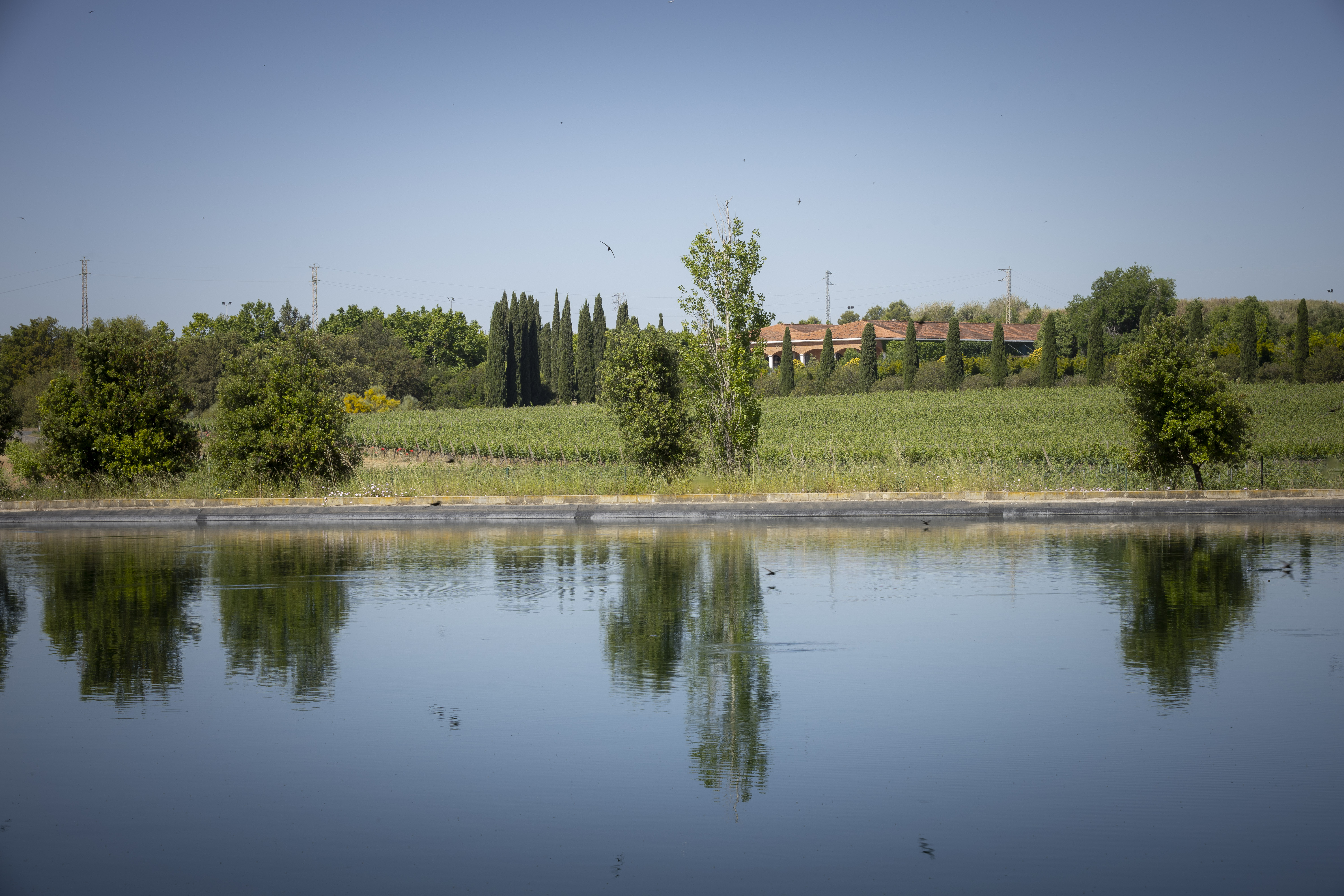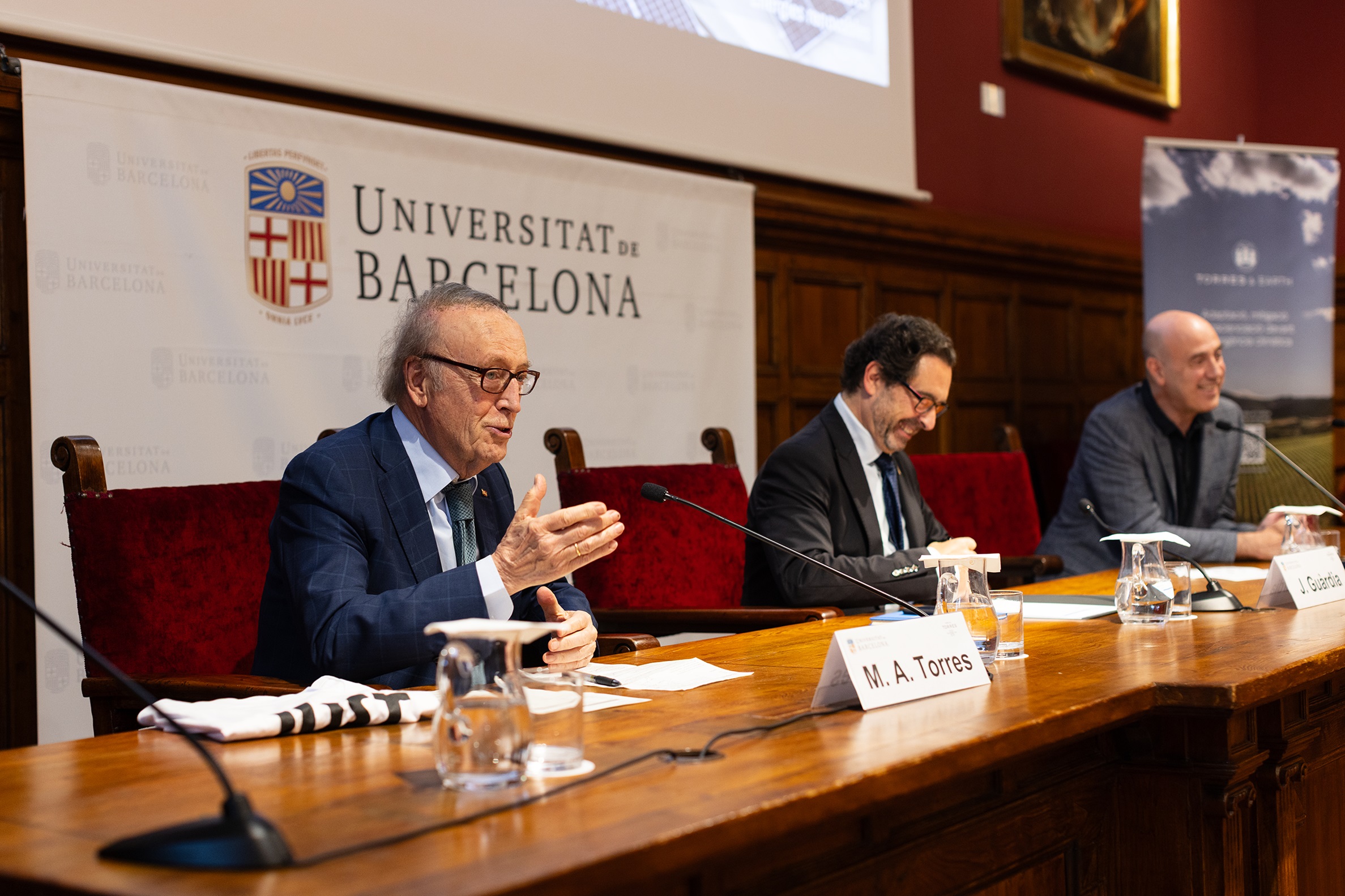
Beyond sustainability
Five generations of winemakers at Familia Torres have given us a privileged perspective. We firmly believe in social, environmental, and financial sustainability. This, together with our inherited tradition of constant innovation, puts us in an excellent position to successfully manage the challenges of the future. Yet our legacy goes beyond sustainability to care for the Earth for future generations and give back to nature and society, both of which have given us so much.
Environmental sustainability
The more we care for the earth, the better our wines
Has been our motto for generations, and we have always worked the land with the utmost respect. However, we all need a new way of understanding wine in order to mitigate the effects of climate change. With that aim, we have focused our efforts on reducing our carbon footprint, while recovering ancestral varieties, promoting research, and implementing regenerative viticulture to benefit the vineyards and the planet.
In 2008, we strengthened our commitment to the environment by creating the Torres & Earth programme with the aim of mitigating the effects of global warming by reducing our carbon footprint, adapting to the new climate situation, and raising awareness both within the sector and society about the need to take action. Our objective is to reduce our CO2 emissions per bottle – from the vineyard to the end consumer – by 60% in 2030 to become a net zero emissions winery before 2040 (Objectives related to all wineries by Miguel Torres SA).
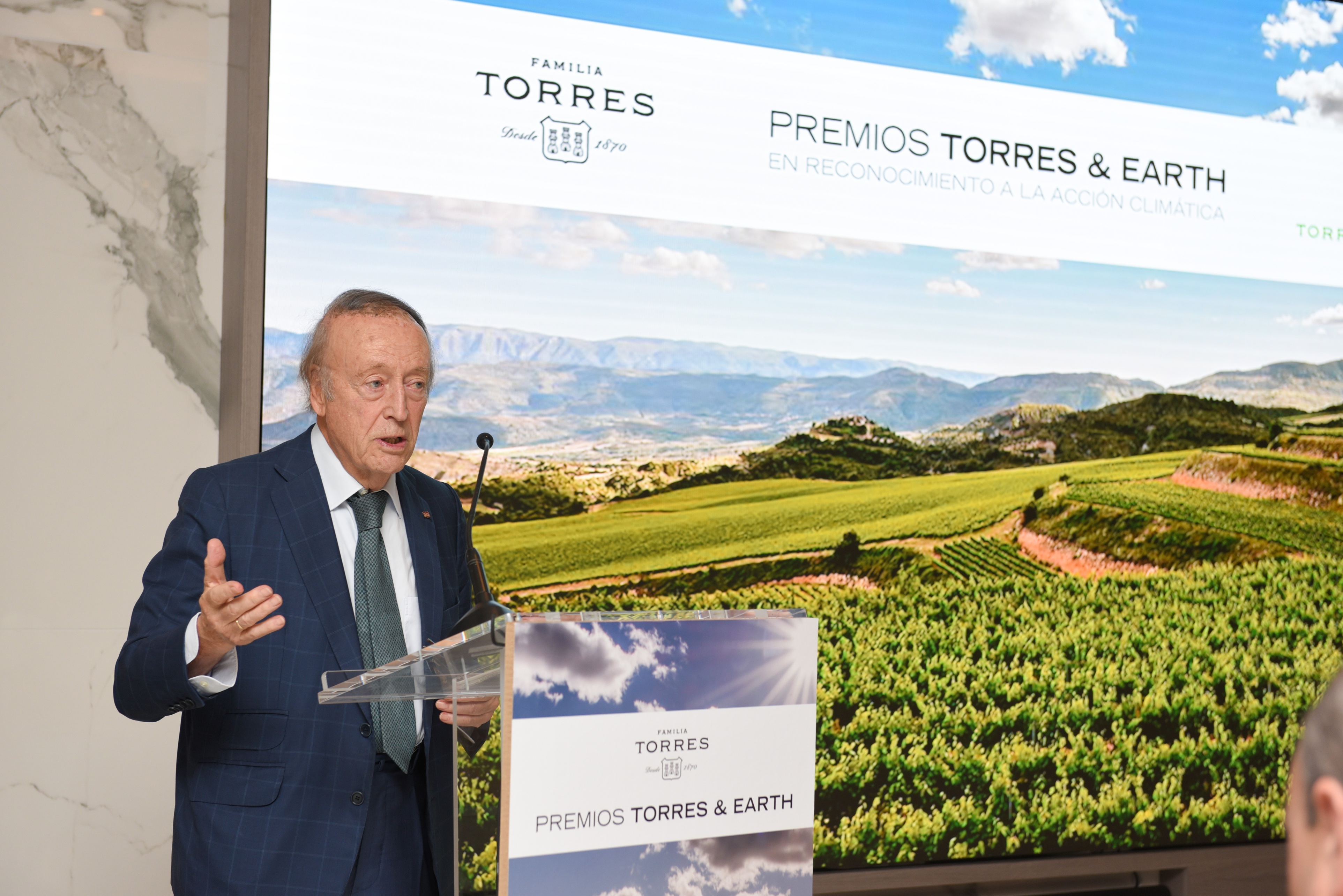
Familia Torres Recognises Climate Action at the 9th Torres & Earth Awards
Familia Torres has celebrated the ninth edition of the Torres & Earth Awards, recognising outstanding climate action and environmental commitment. Each year, these awards honour suppliers, territories, and communicators who demonstrate determination in addressing the climate emergency and contribute to minimising its impact.
Regenerative Viticulture
We are committed to transforming our organic vineyards with the regenerative viticulture model in the belief that it is the only model that can help combat climate change. Regenerative viticulture recovers the natural fertility of the soil, prevents erosion, and encourages biodiversity.
In short, regenerative viticulture is a method that focuses on restoring life to vineyard soils by imitating exactly how nature works in a natural environment. The more life in the soil, the greater the capacity to capture atmospheric CO2 and to stop rising temperatures. Simultaneously, the accumulation of organic carbon in vineyard soils improves soil health, increases resilience to erosion, and the capacity to prevent drought owing to increased water-holding properties. It also encourages greater biodiversity to create a balanced ecosystem that benefits both the vineyard and your environment.
Mitigation
The actions that most help us to reduce our CO2 emissions are the generation of our own renewable energy, which – it is responsible for 39% of the energy we consume in the Penedès cellar – energy efficiency measures and sustainable mobility (the plan to increase the fleet of electric vehicles, electric car sharing ...). We have also reduced the weight of our bottles and we are now looking to reuse, manage and recycle the waste generated, optimise our water resources and vineyards, bet on regenerative viticulture.
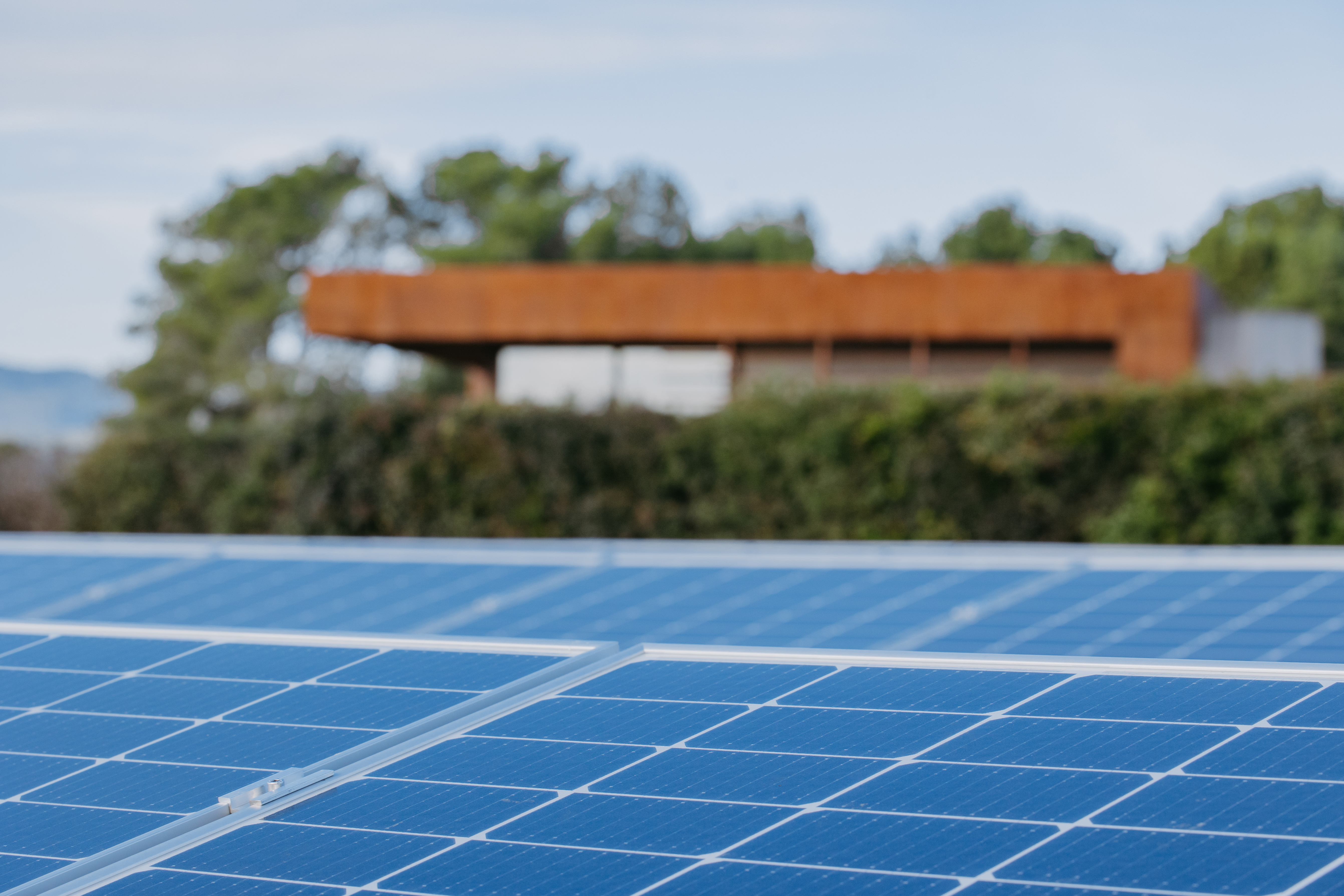
We capture and reuse the CO2 produced during fermentation in a pioneering circular economy project at the Penedès winery. CO2 is reused as an inert gas to protect the wine while in the vats.
All the initiatives that will hopefully allow us to reach the emission reduction targets are detailed in the Miguel Torres SA Net Zero Transition Plan, which follows the requirements of the United Nations initiative Race to Zero that we are members of.
Adaptation
To reduce the impact of rising temperatures on winegrowing, we are adapting our vineyards using cultivation methods to delay grape ripening. We are also implementing new technologies for precision viticulture such as drones, satellites, and sensors to maintain the quality of our wines. With future generations in mind, we are looking for new environments in which to plant our vineyards, higher altitudes where the climate is cooler. As a result, we have planted vines in Tremp in the Catalan Pyrenees at 950 metres above sea level, and in Els Tossals de Porrera, which, at 950 metres above sea level, is the highest zone in Priorat with llicorella soils. We are also investigating Benabarre in the Aragón Pyrenees at 1,200 metres above sea level, although for now it is still too cold there to plant.
We are also focusing on recovering ancestral varieties that, as well as being oenological treasures, are able to adapt to high temperatures and drought. Miguel A. Torres initiated this passion project in the early 1980s to recover ancestral varieties on the brink of extinction with the aim of rediscovering our winegrowing heritage before the onslaught of the phylloxera plague. Thanks to the fifth generation’s insightful determination, the project now focuses on those varieties that might become the solution for the future of winegrowing. Of the more than 50 recovered varieties, we are focusing our efforts on six: Forcada, Moneu, Querol, Garró, Gonfaus, and Pirene. We want to make unique wines adapted to climate change that reflect our wine history, heritage, and diversity.
Research
We have allocated important resources to research with the aim of finding ways to adapt to and mitigate the effects of climate change. One of the areas we are investigating, in collaboration with universities and other businesses, is the development of CO2 capture and reuse technologies or CCR technologies (Carbon Capture and Reuse).
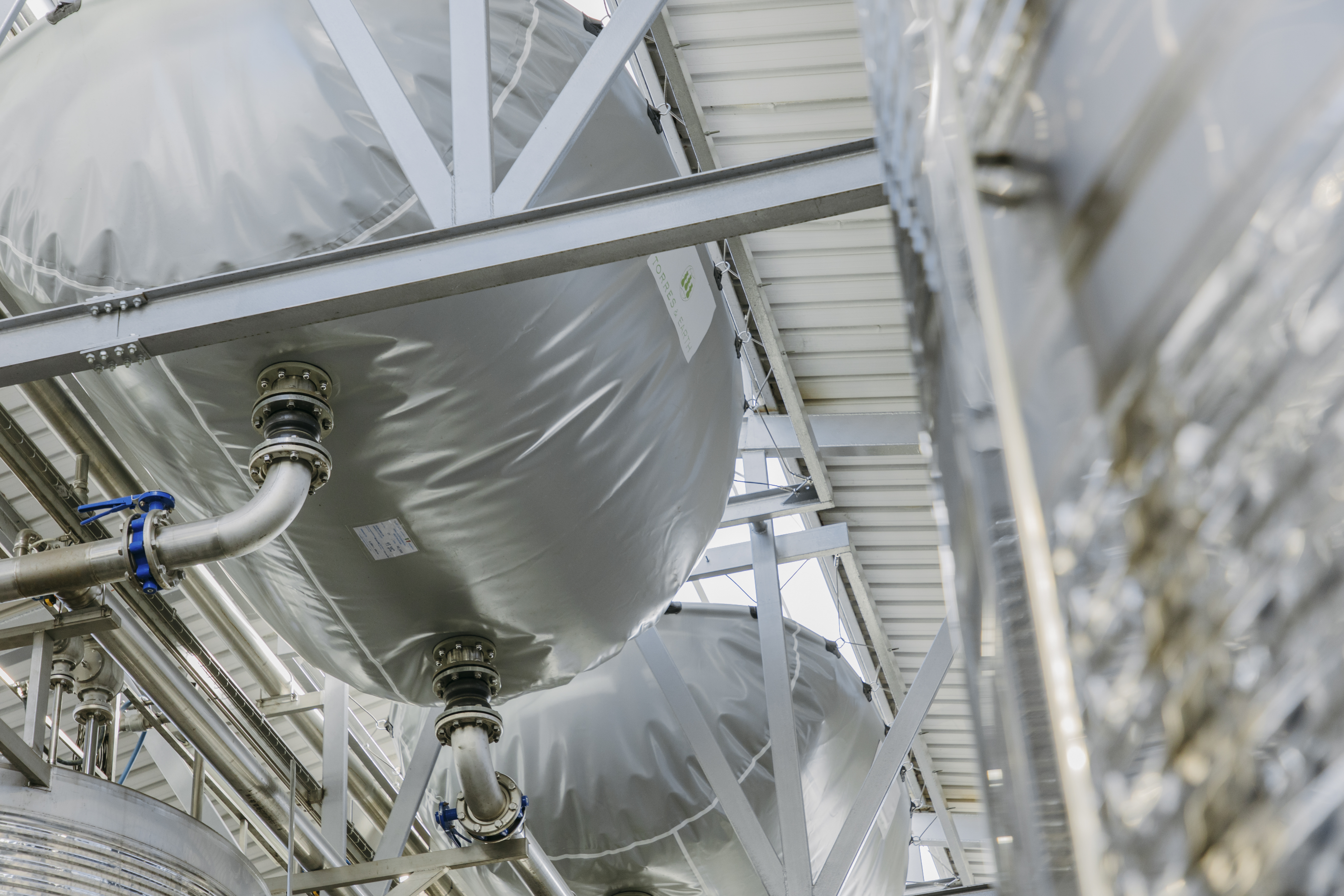
We also participate in and lead national and international projects to study the influence of climate change on vines and wines to facilitate new adaptation and mitigation processes.
Awareness
We encourage our collaborators and suppliers to share in our commitment to environmental best practices and to reduce their own CO2 emissions. Every year, we hold the Torres & Earth Awards to recognize the commitment of supplies, regions, and communicators in the fight against climate change. We also participate in the yearly Environmental Sessions held at the University of Barcelona.
We all must act at every level, in every sector, and around the globe to decarbonize the economy, work together, and share knowledge. With this aim, we joined forces with Californian winery Jackson Family Wines in 2019 to found the International Wineries for Climate Action, and in 2021, together with four other partners, we created the first Regenerative Viticulture Association in Spain.

